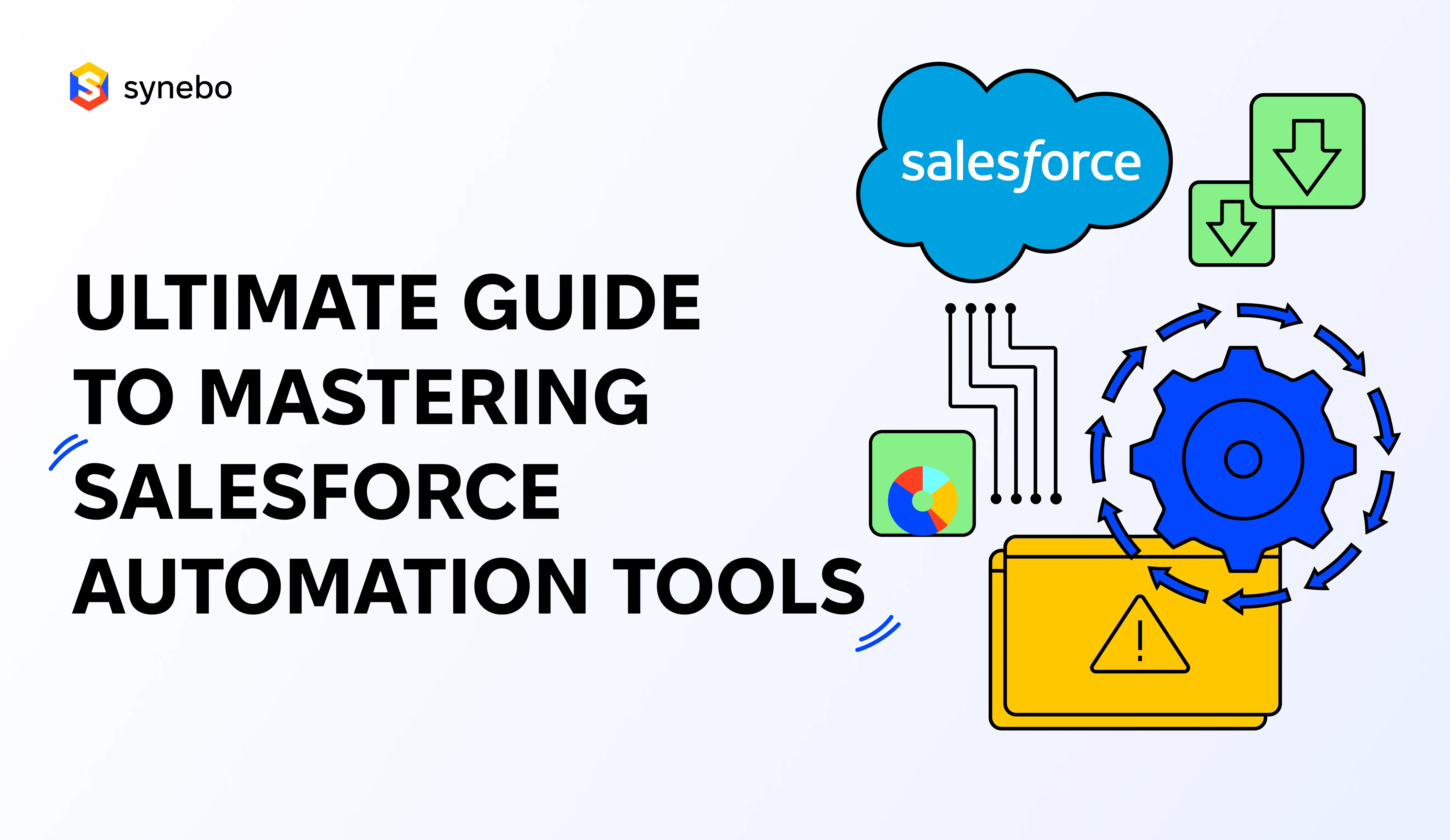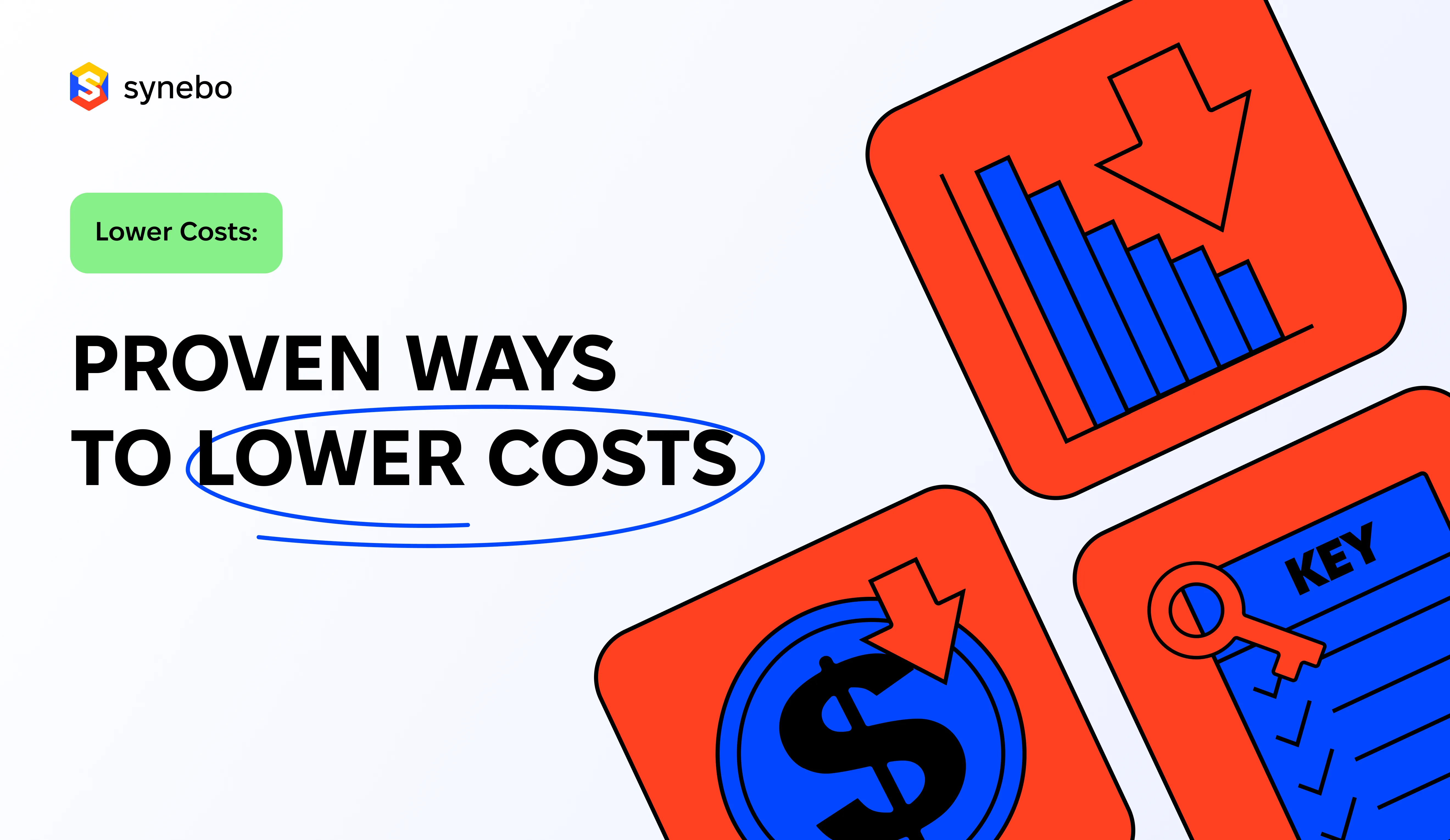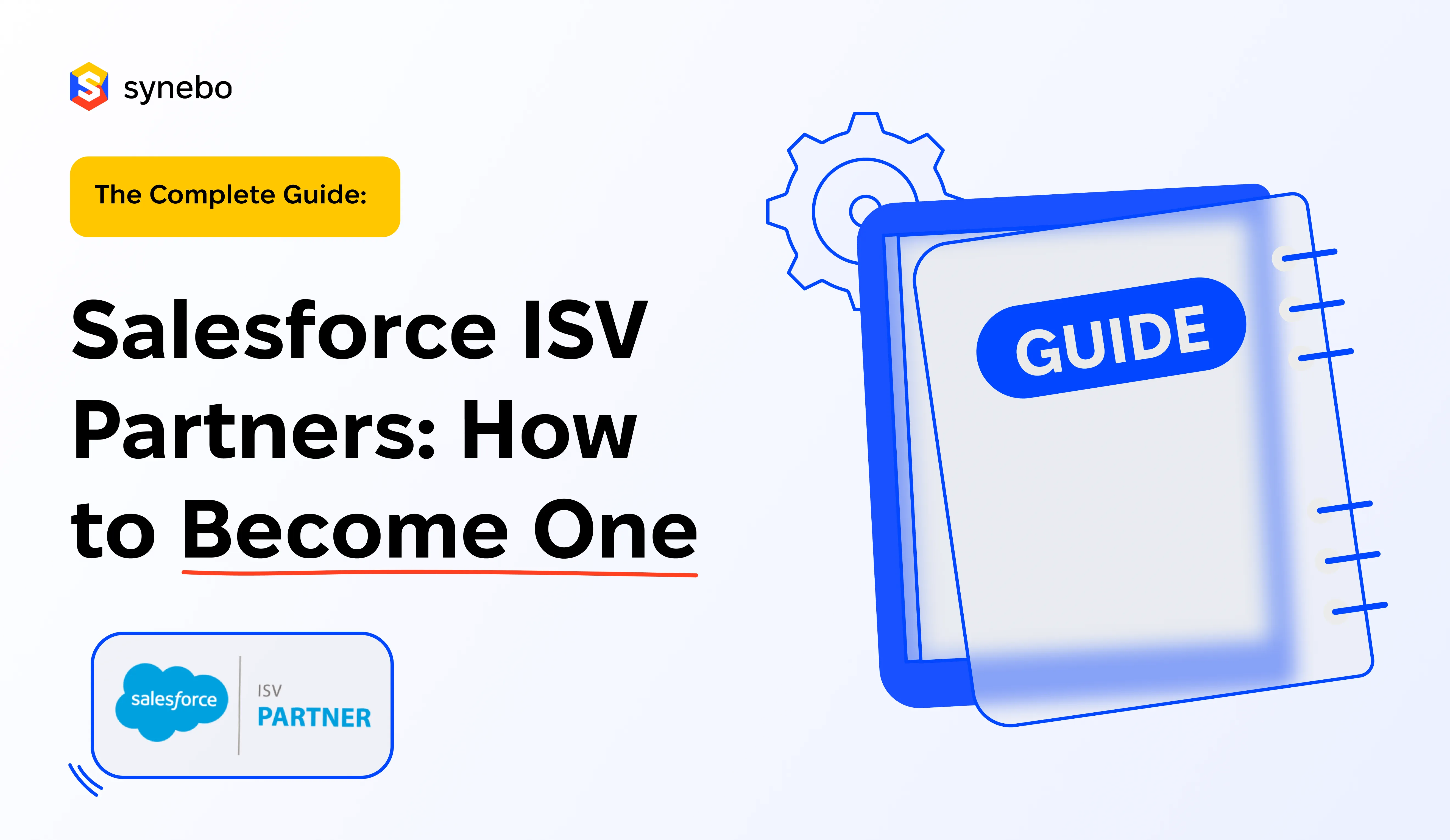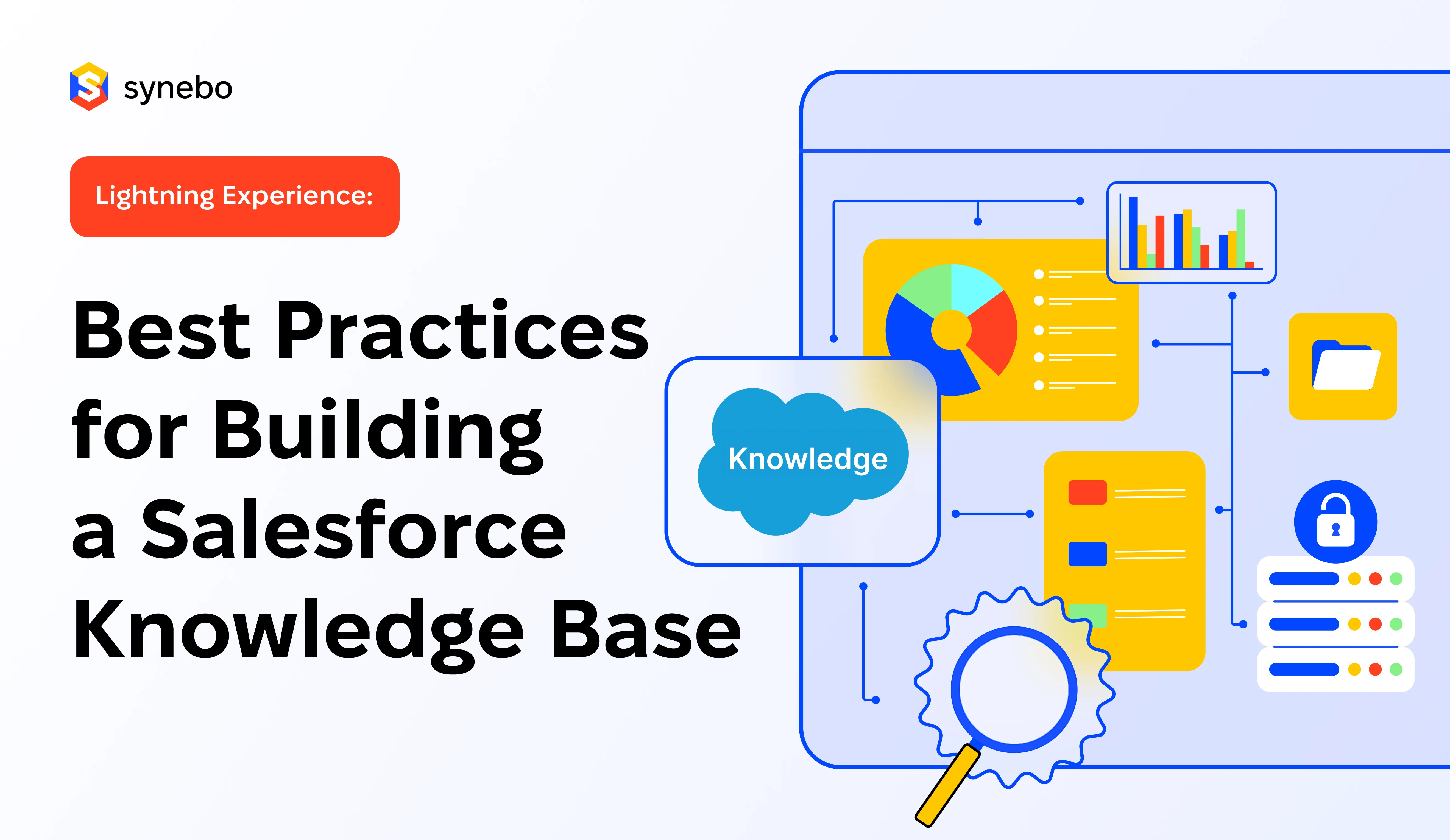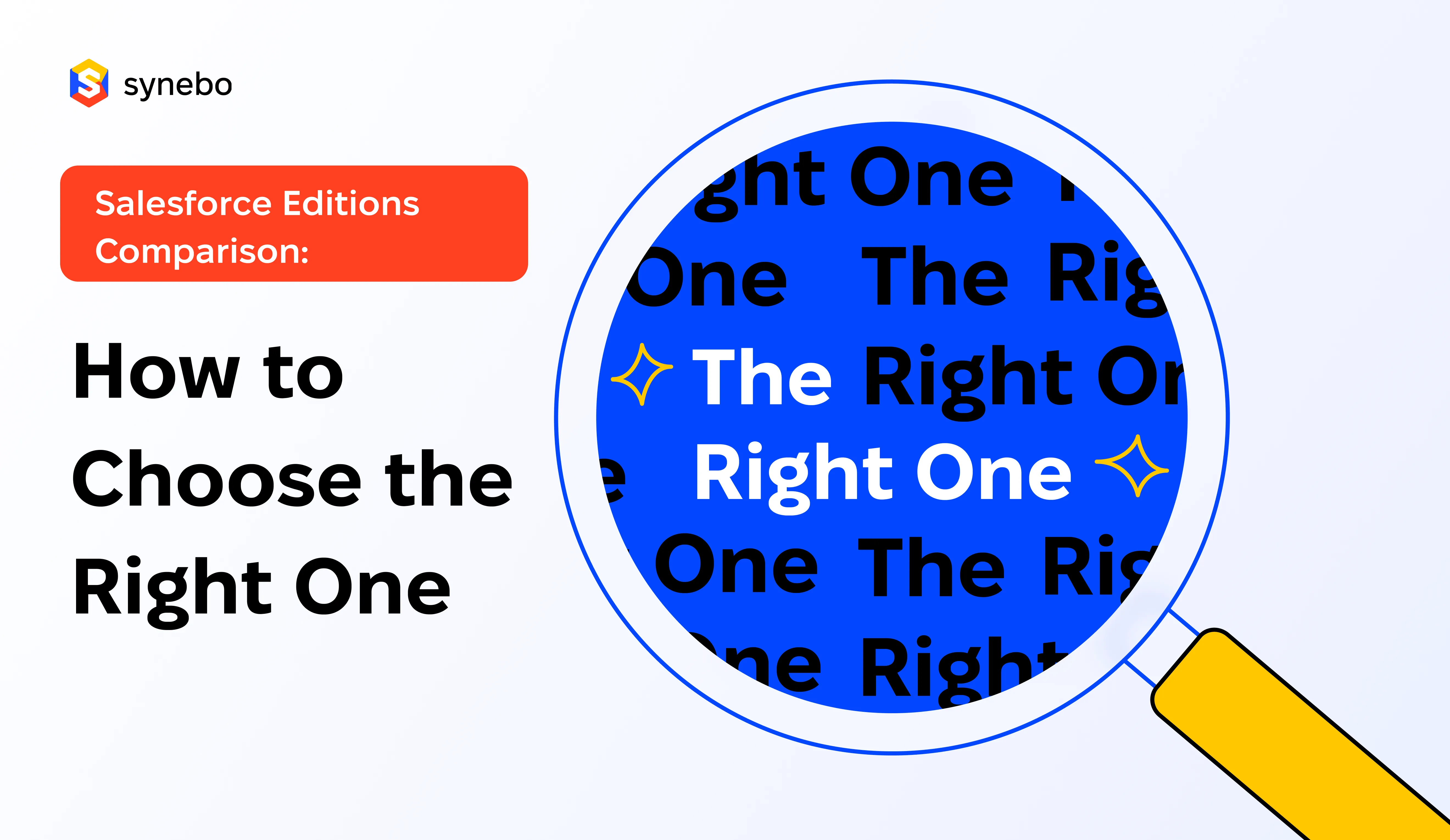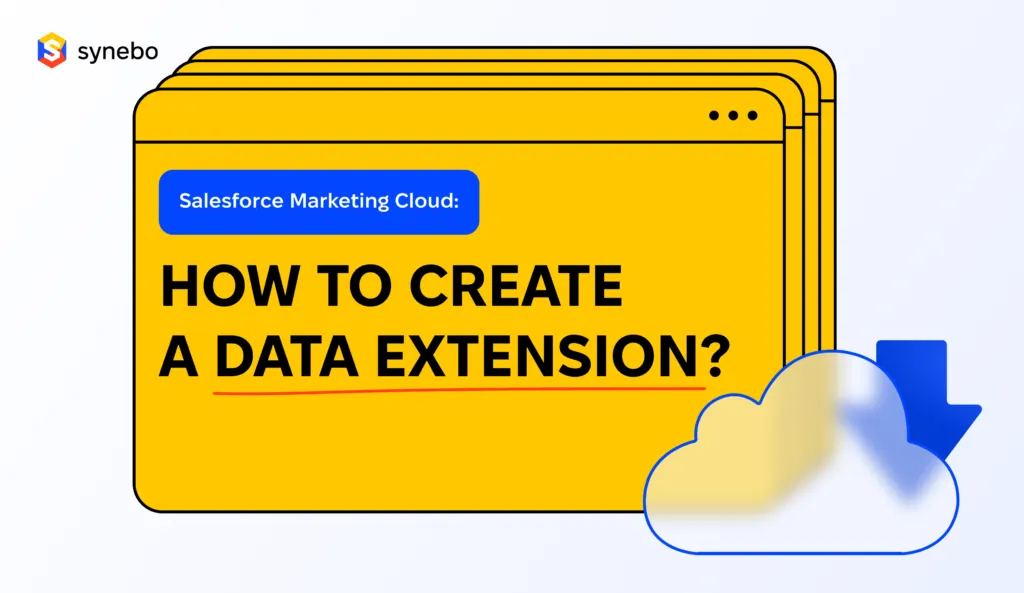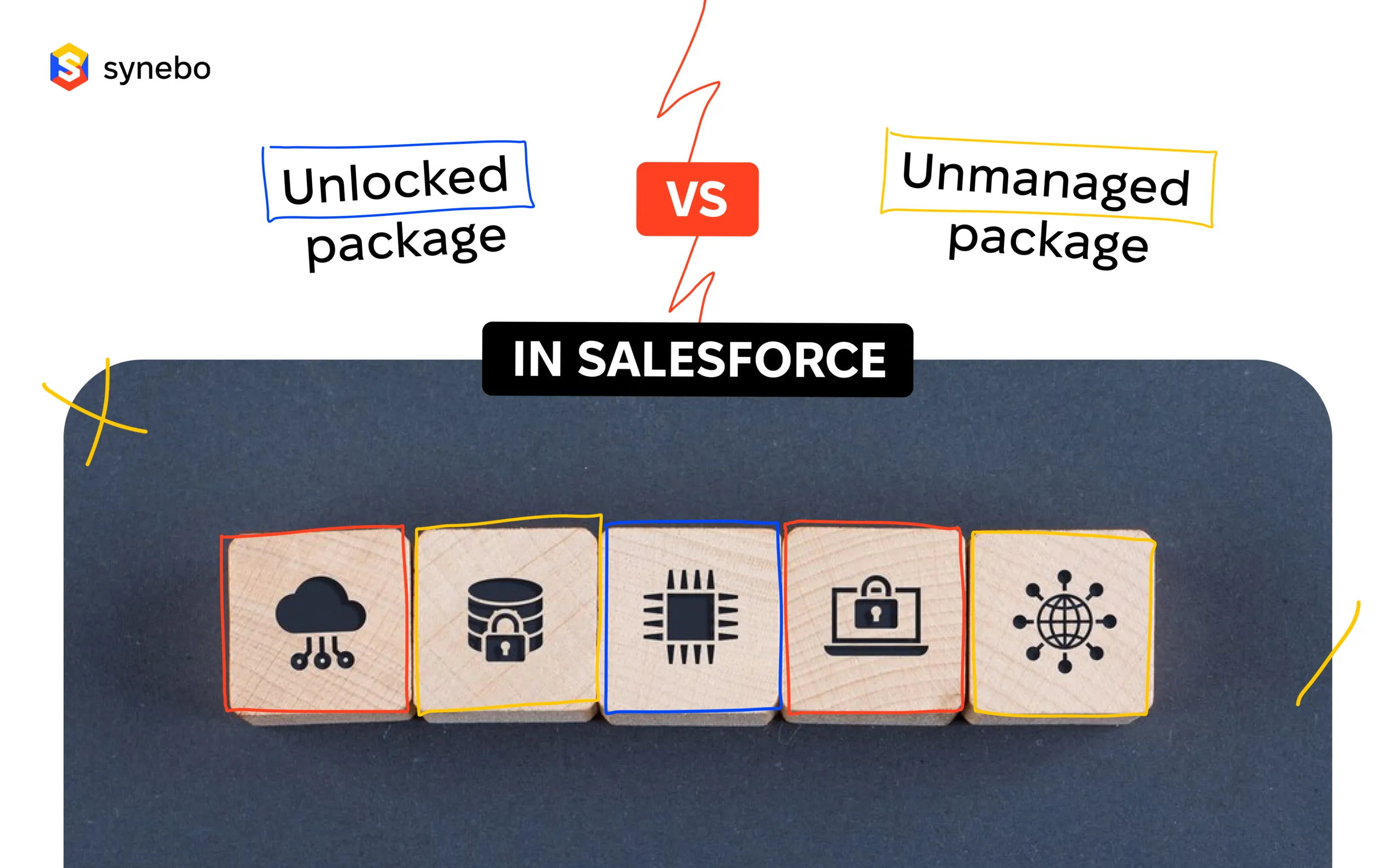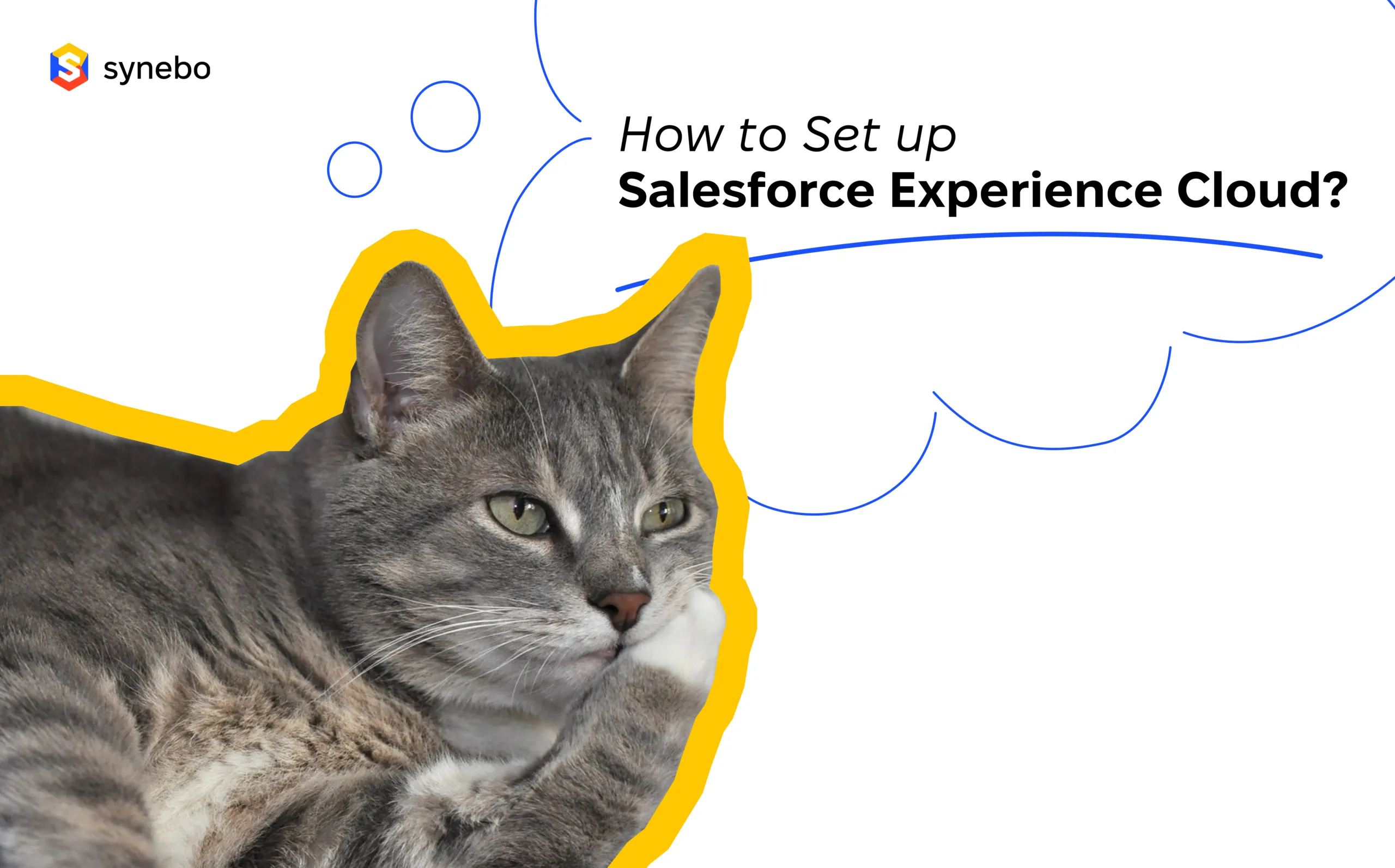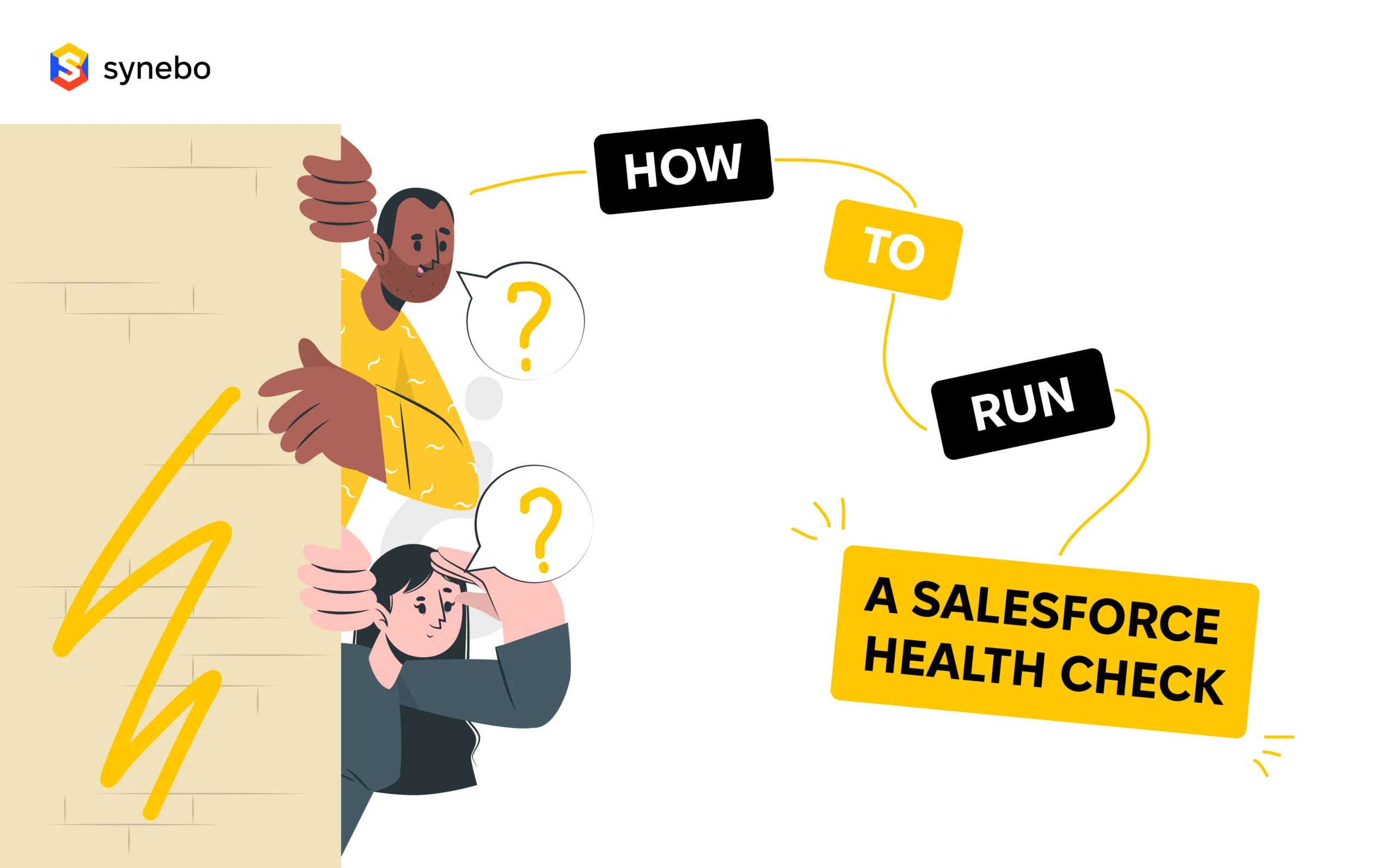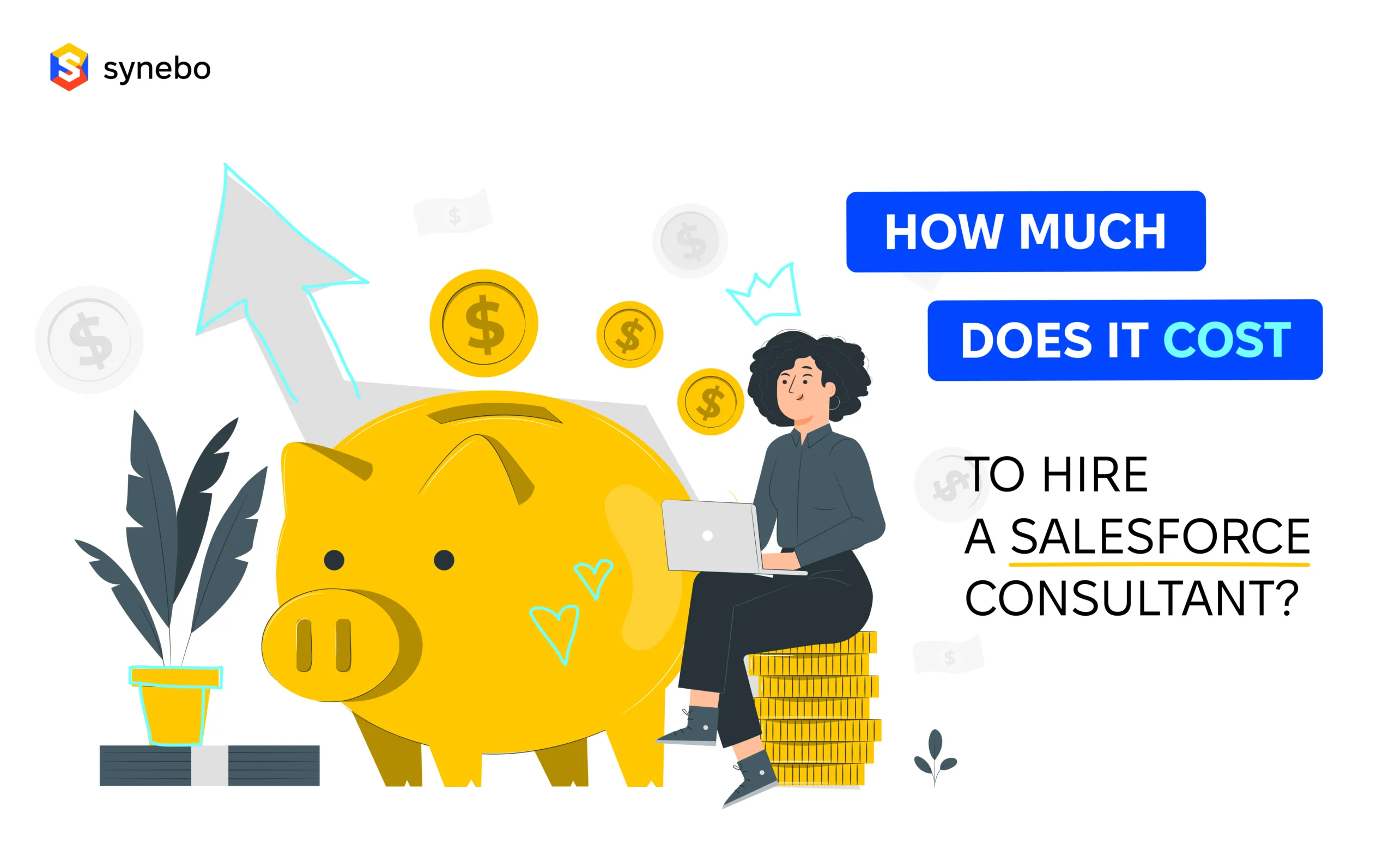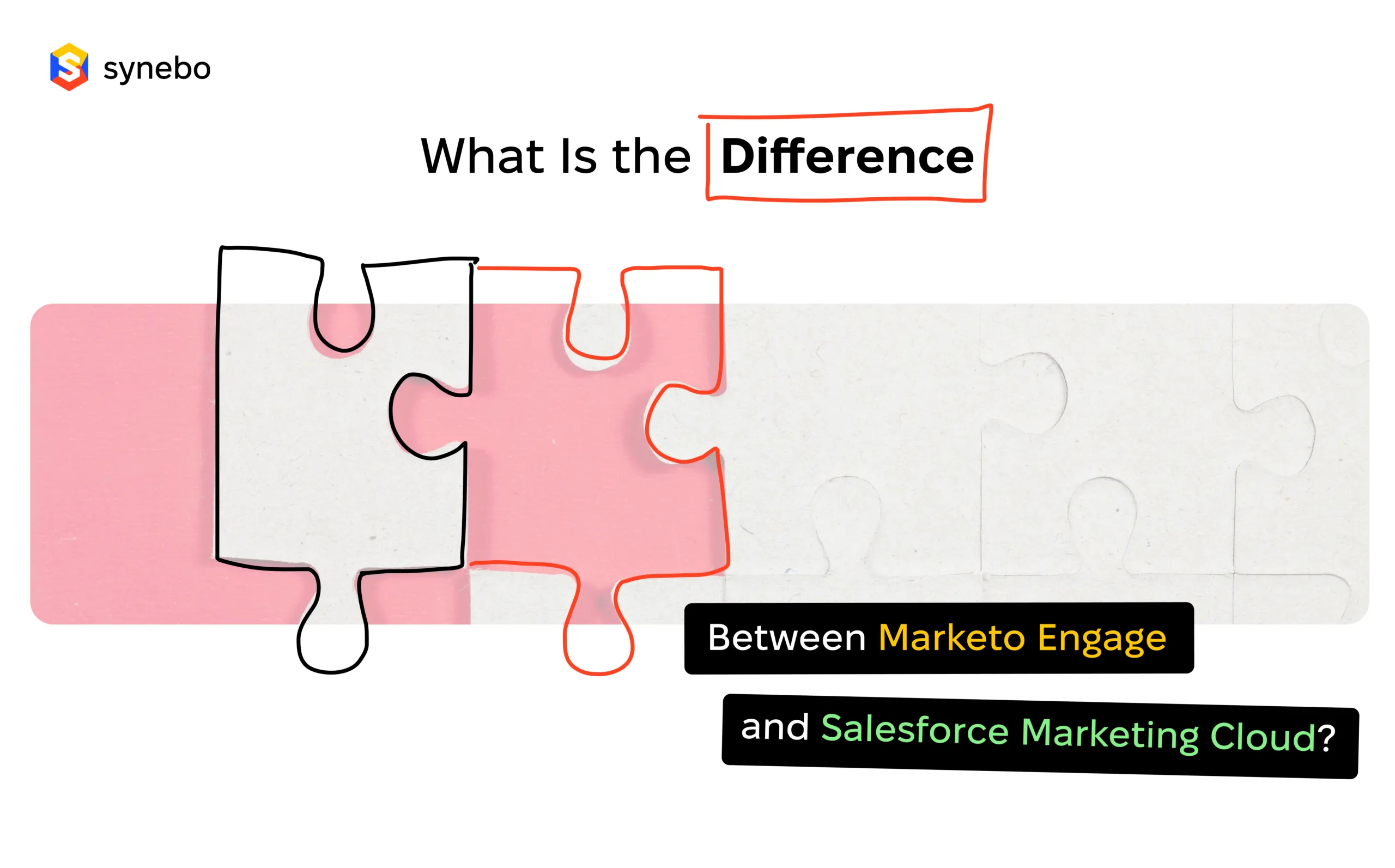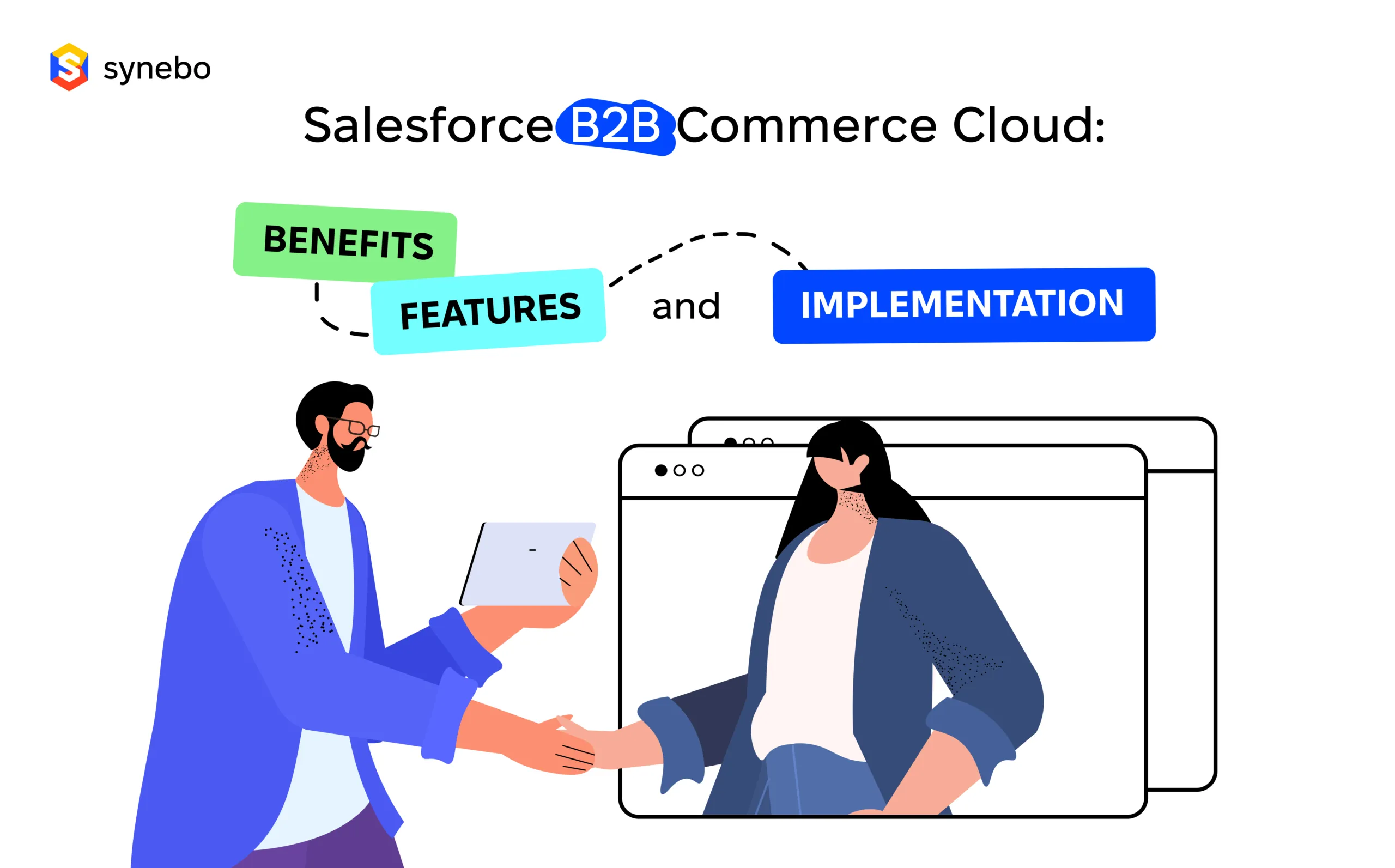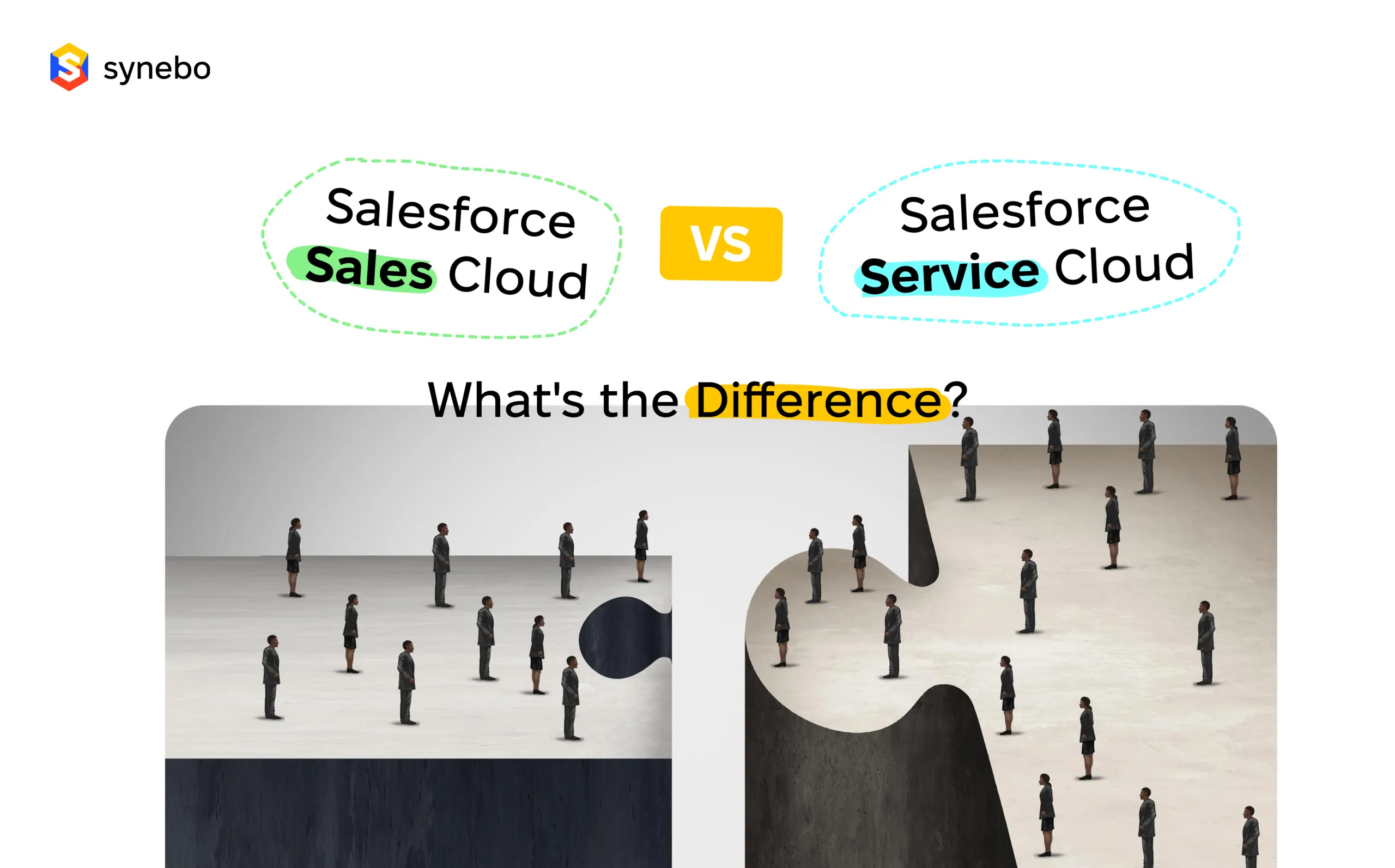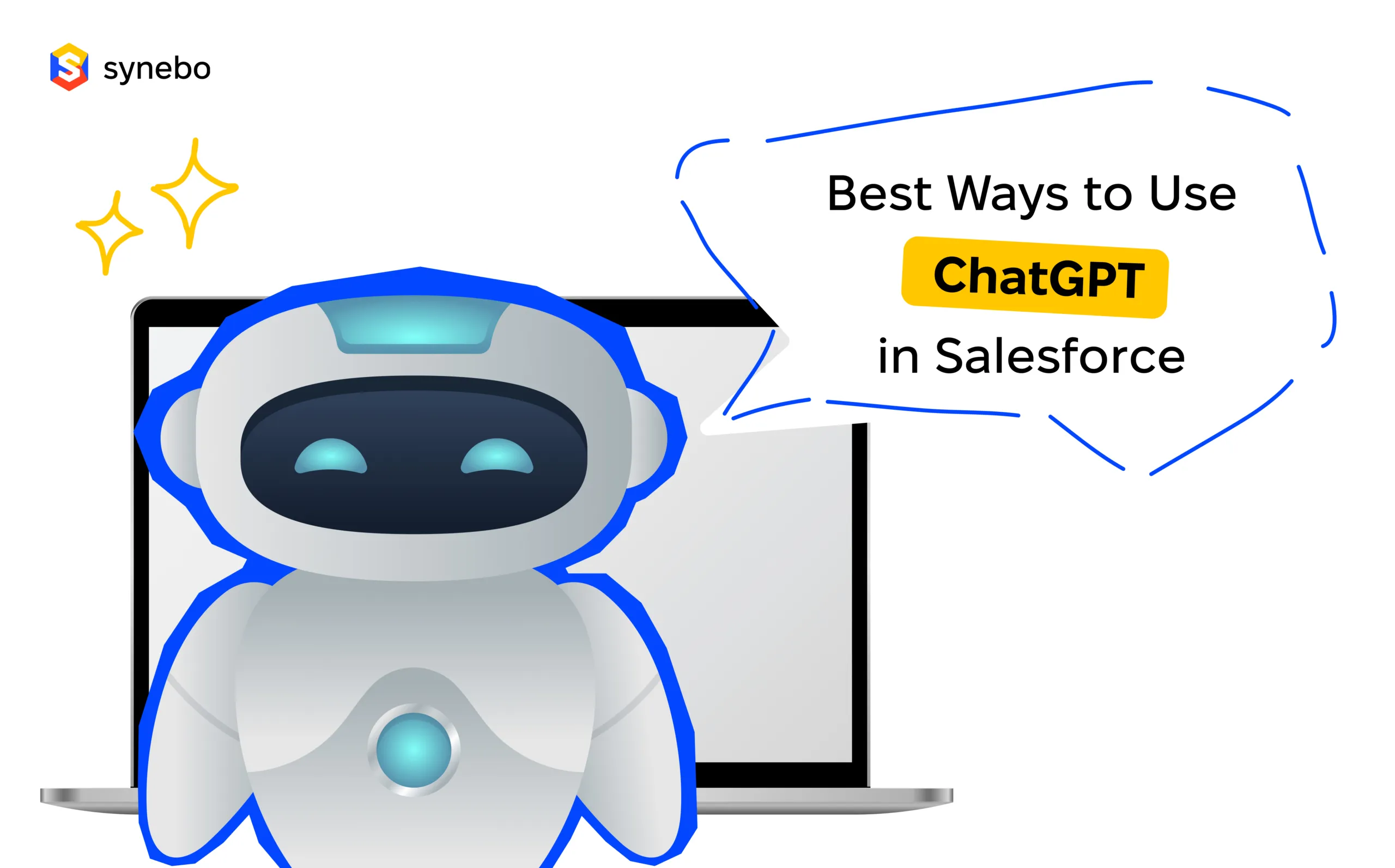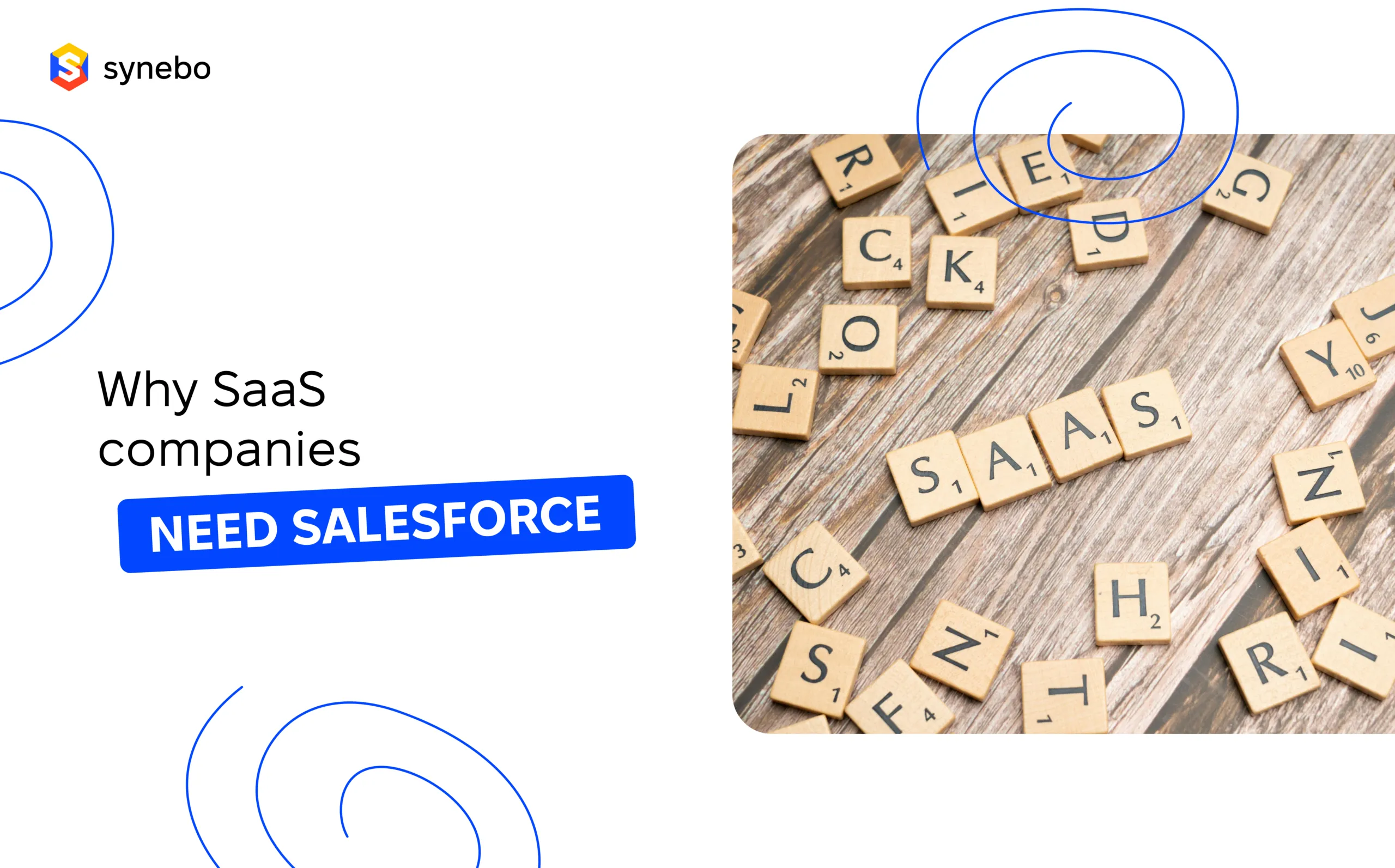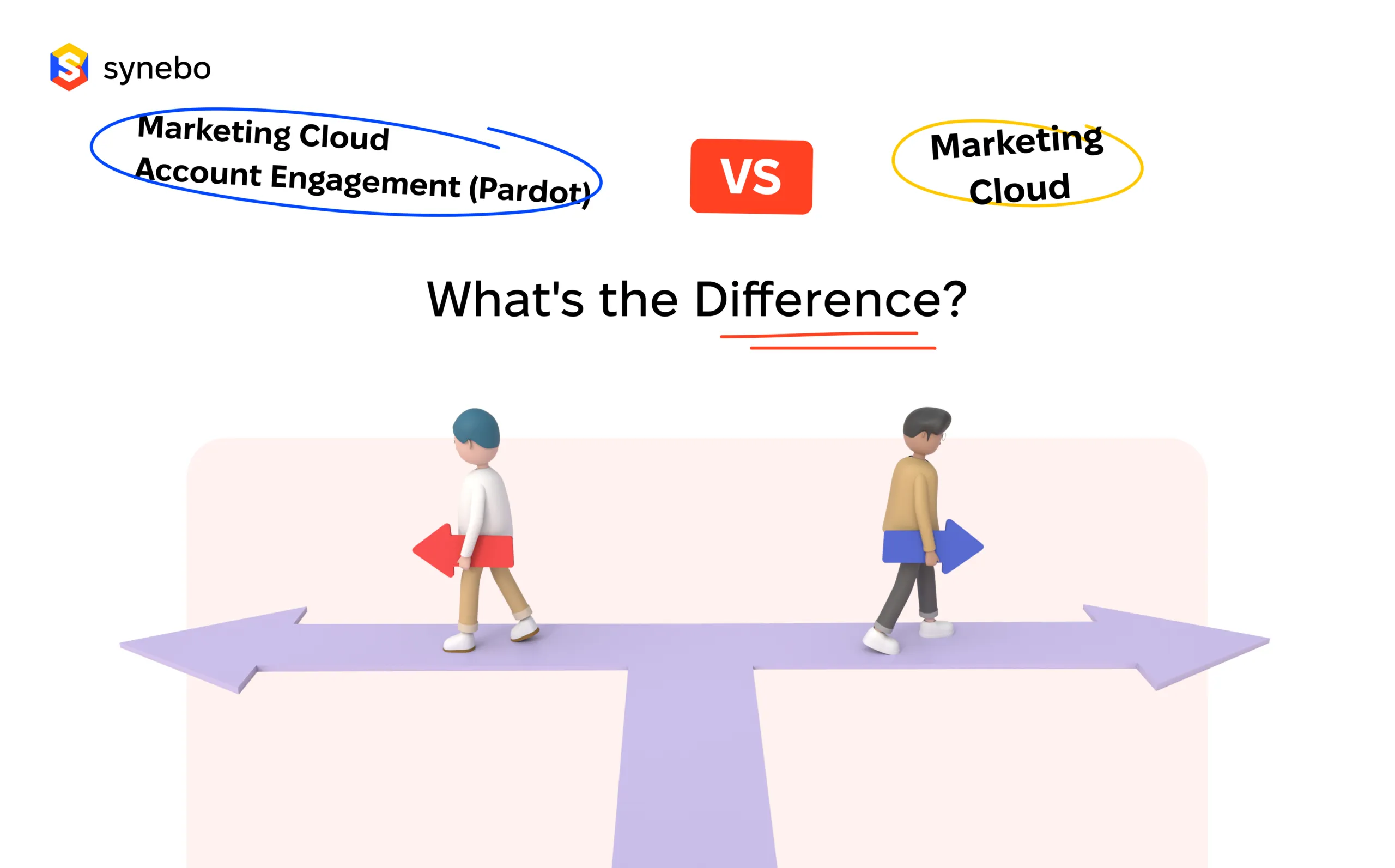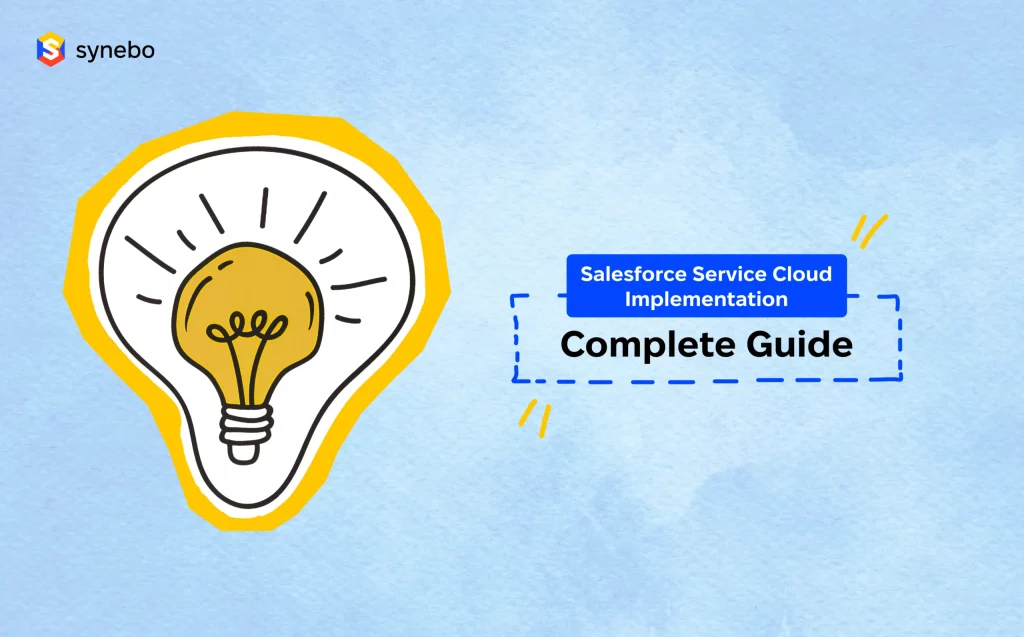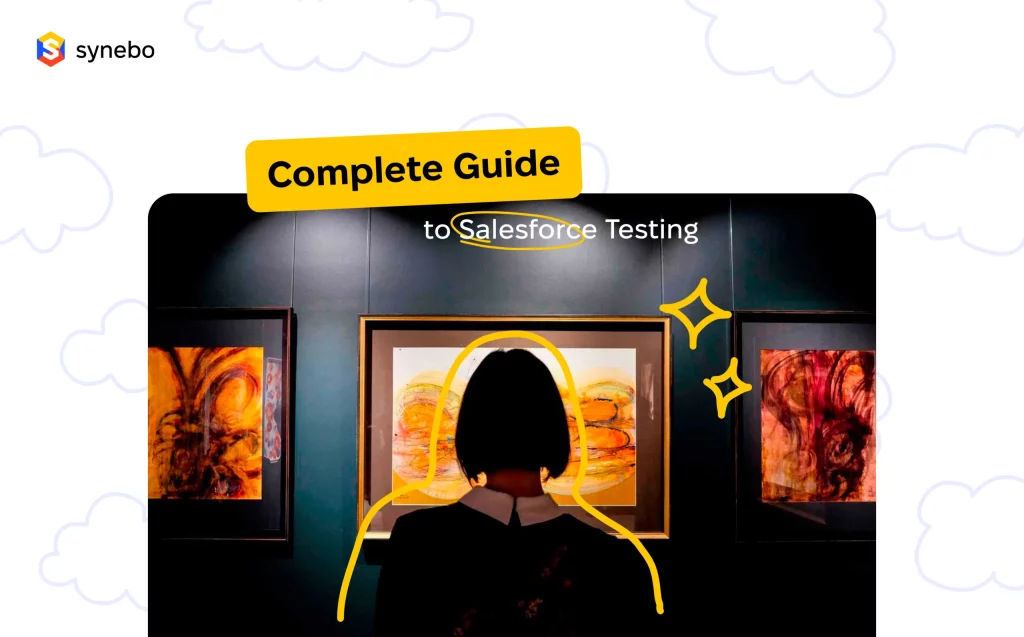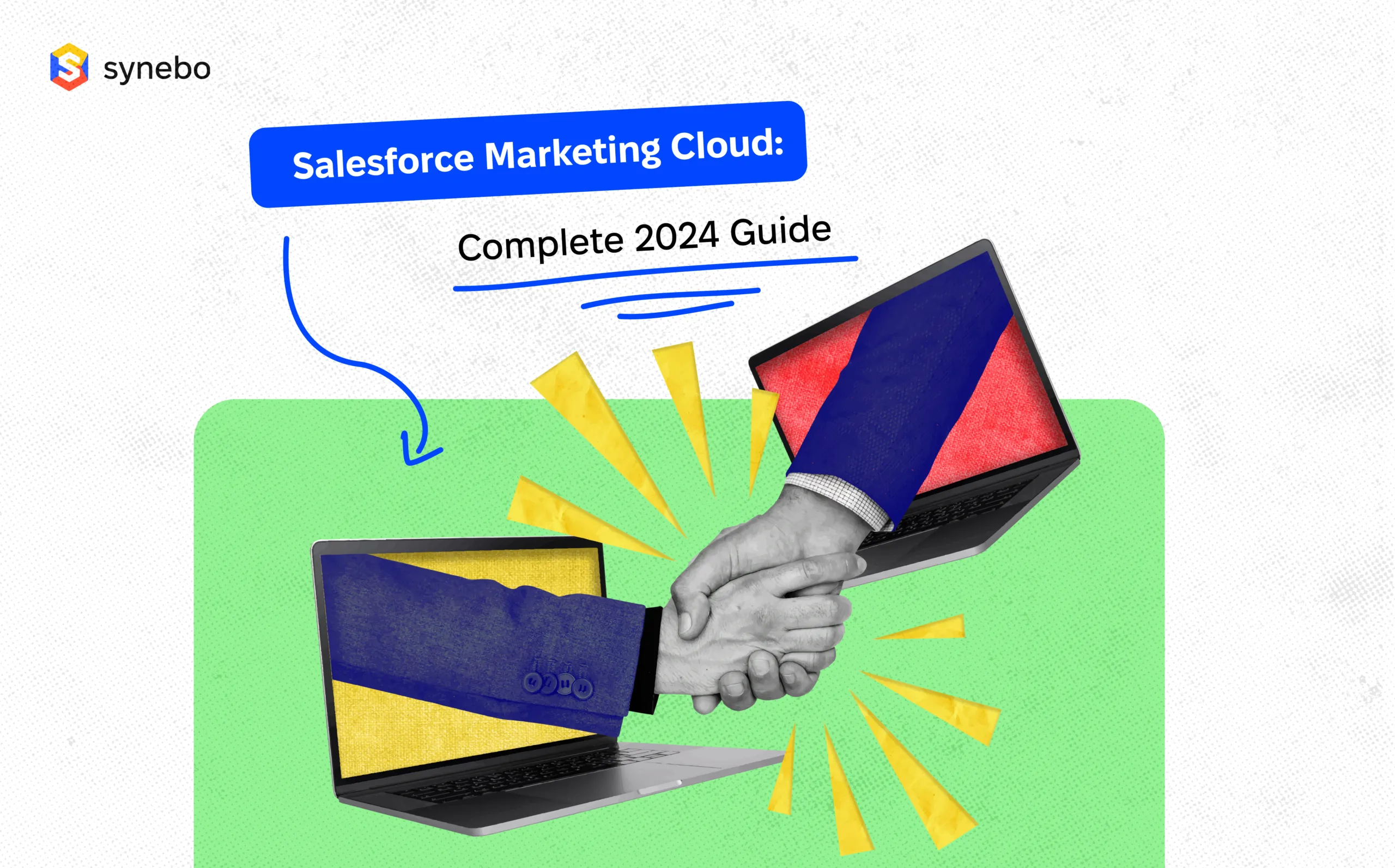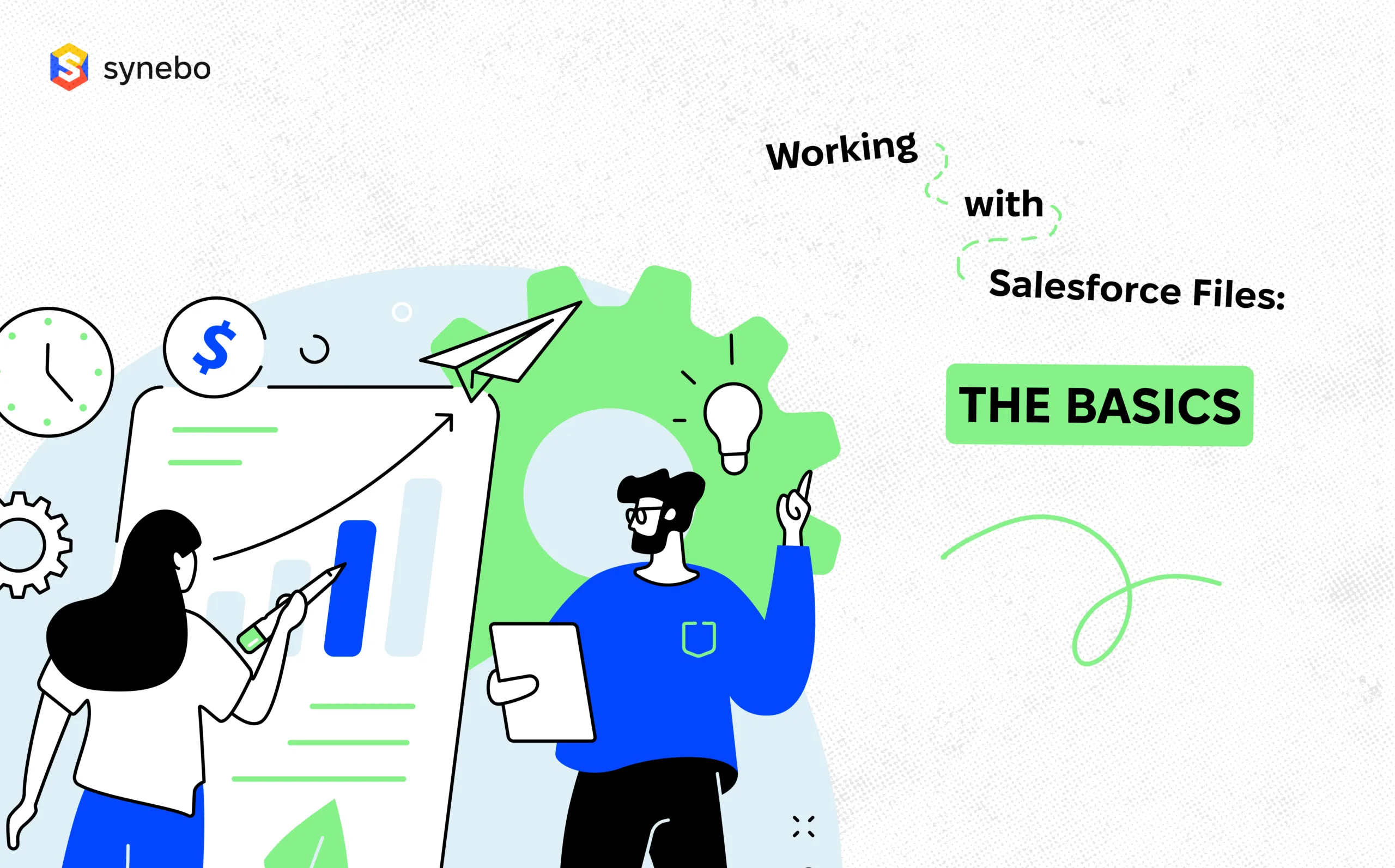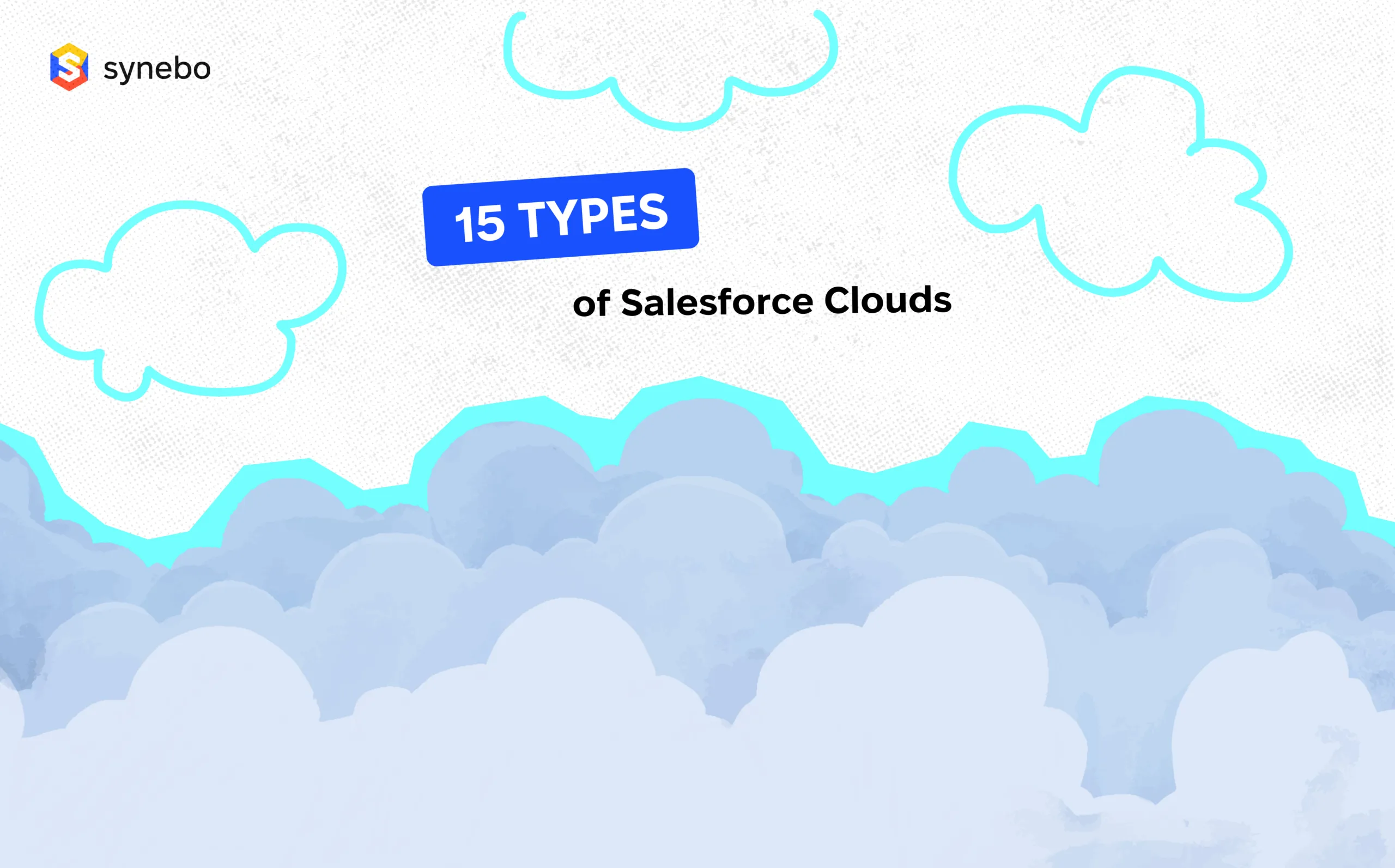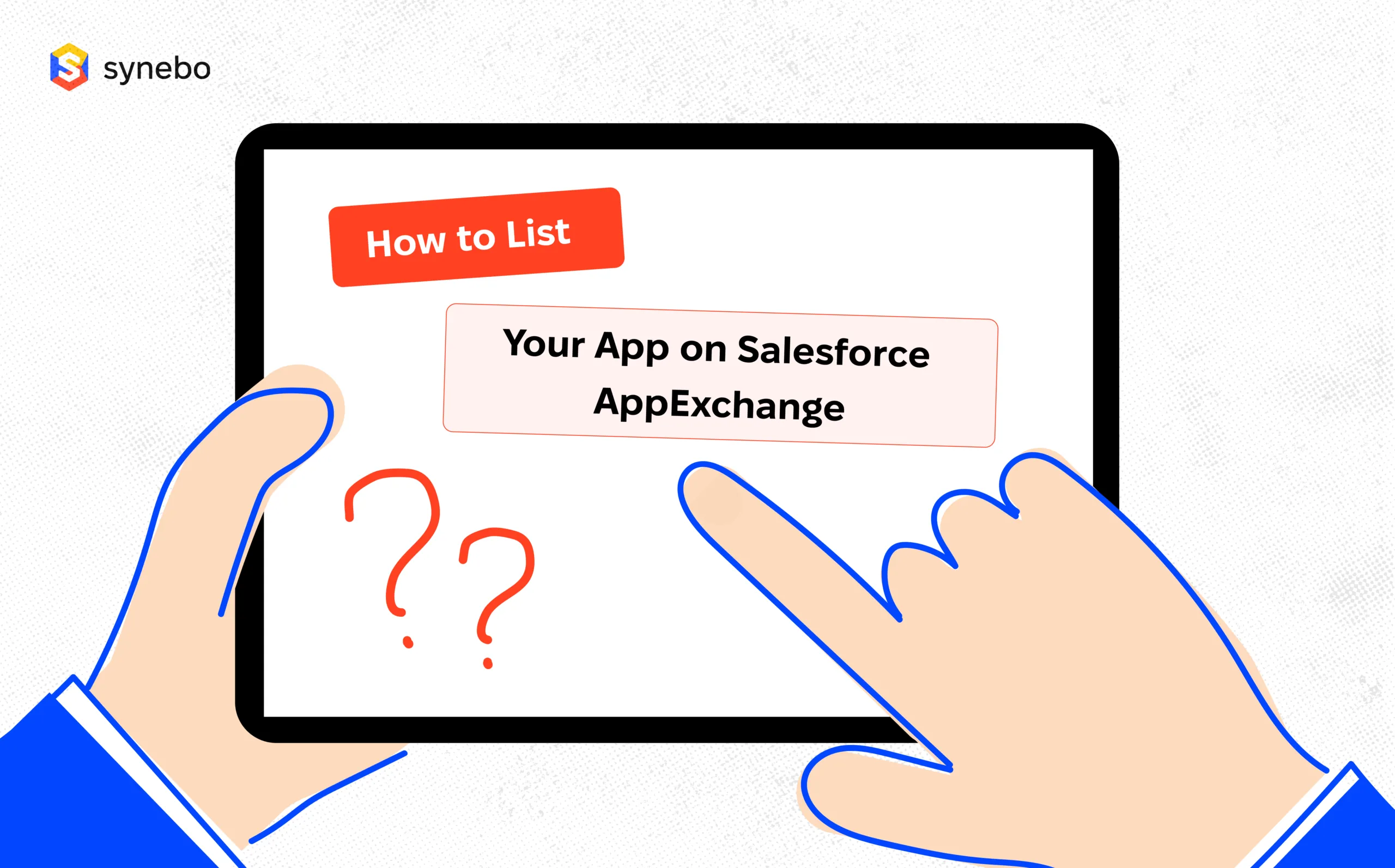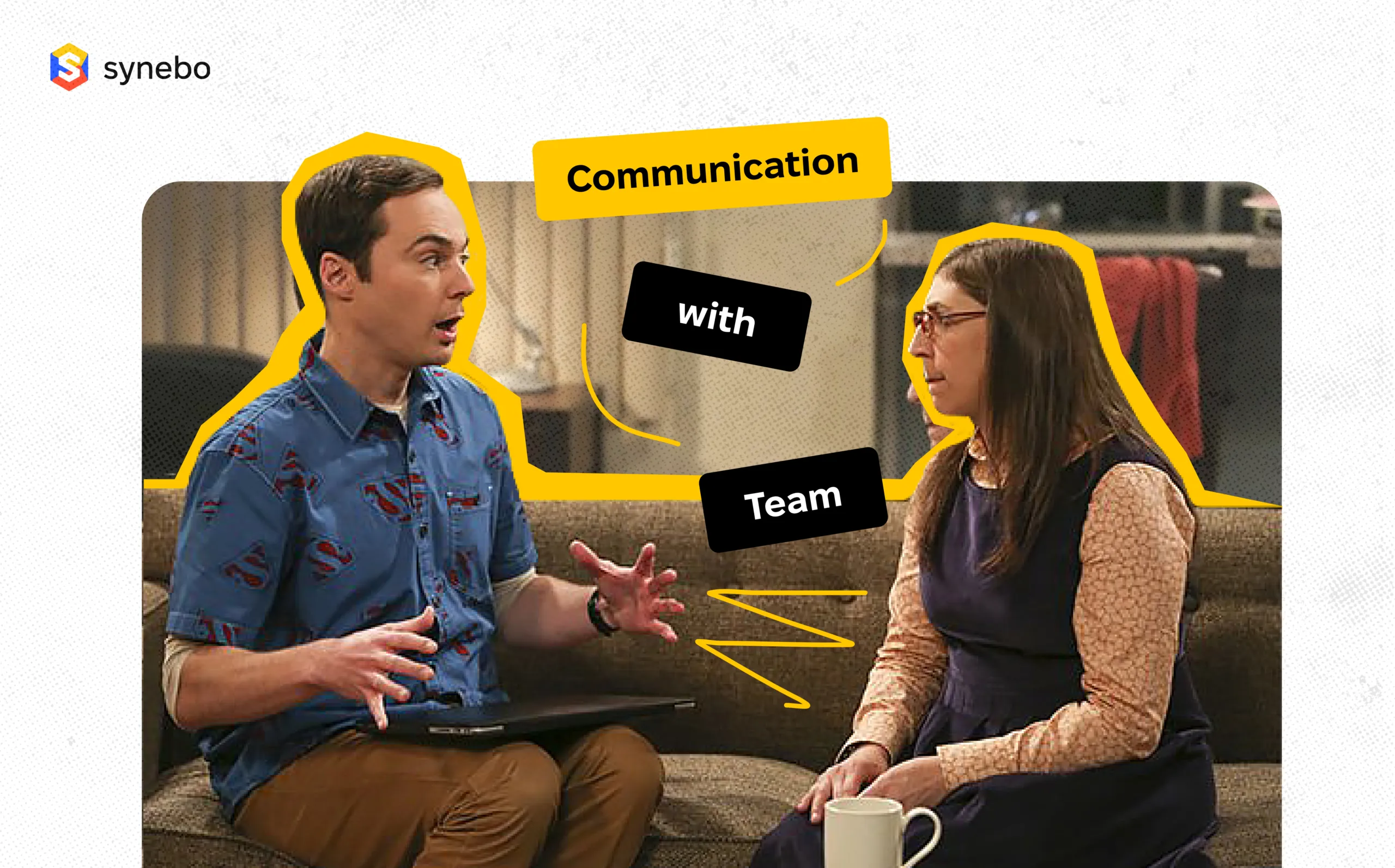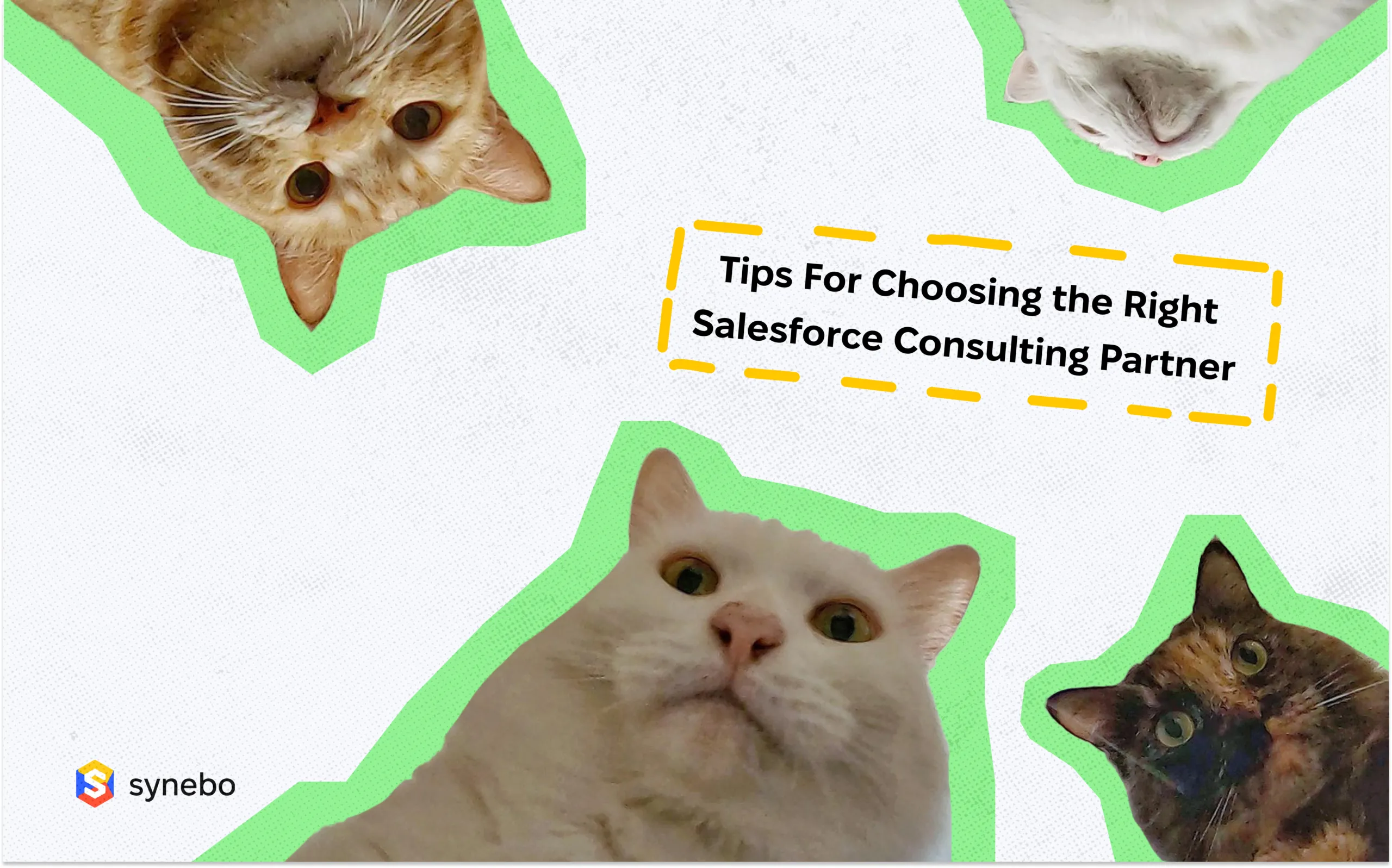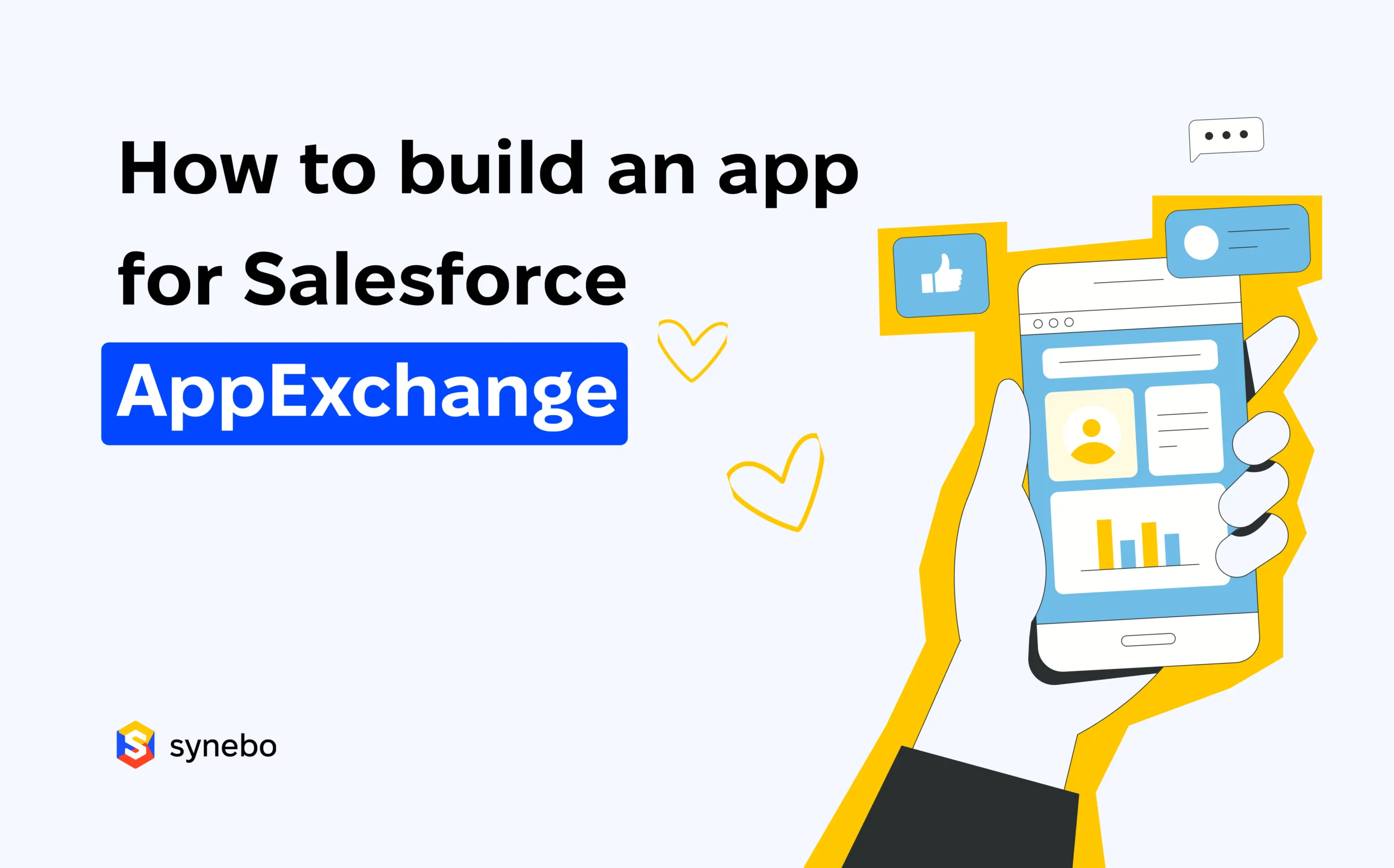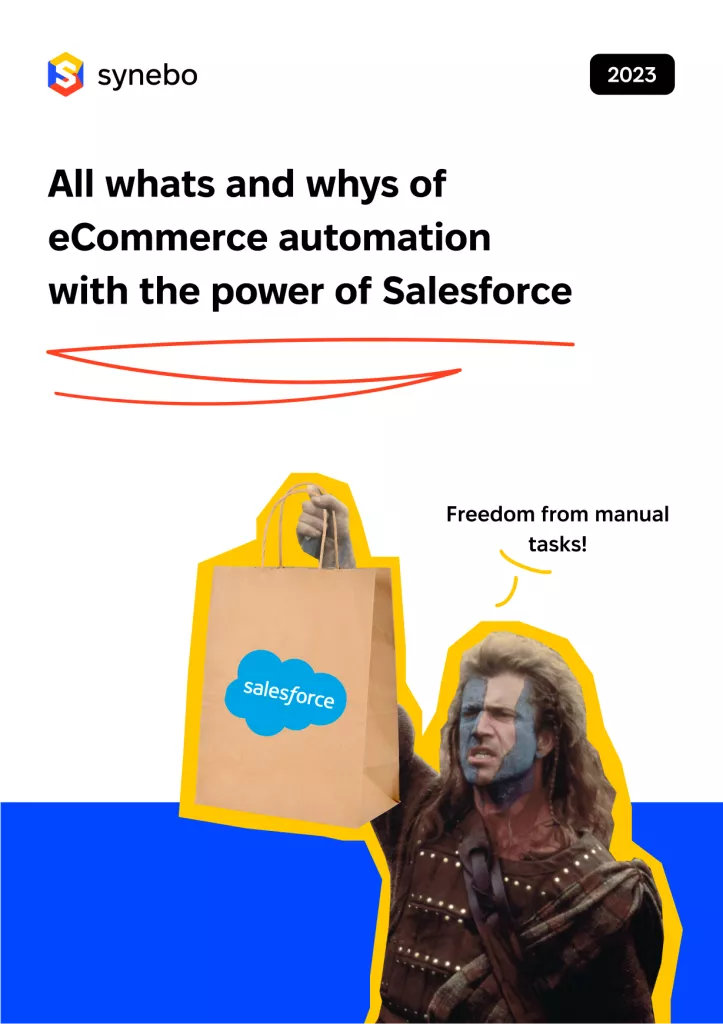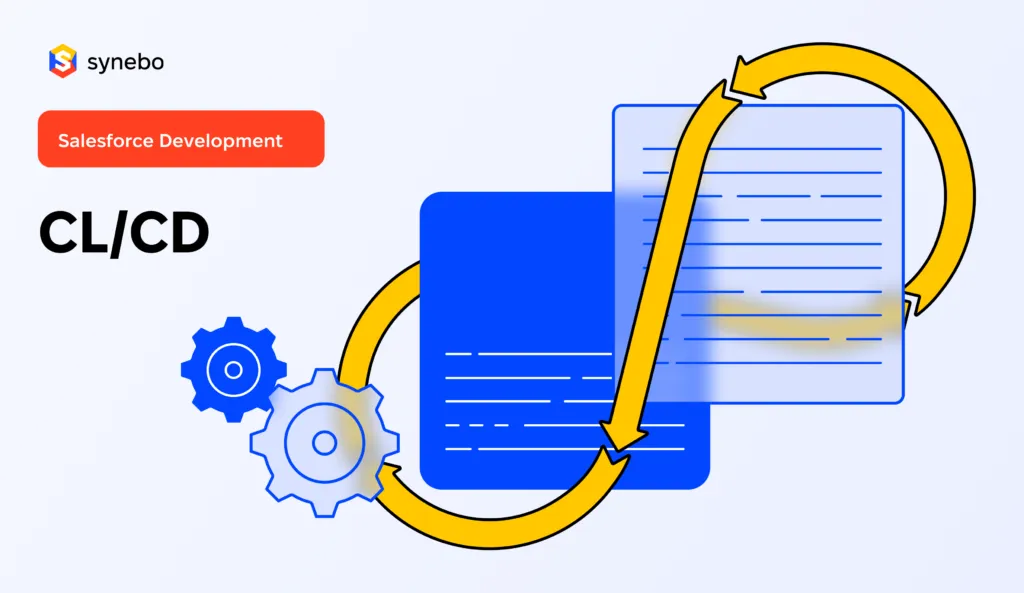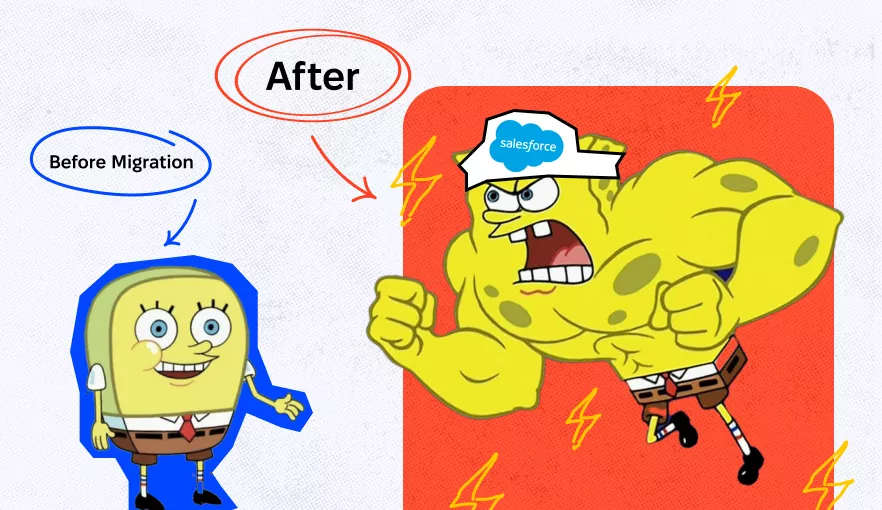A Comparative Analysis of Managed vs. Unmanaged Package Salesforce
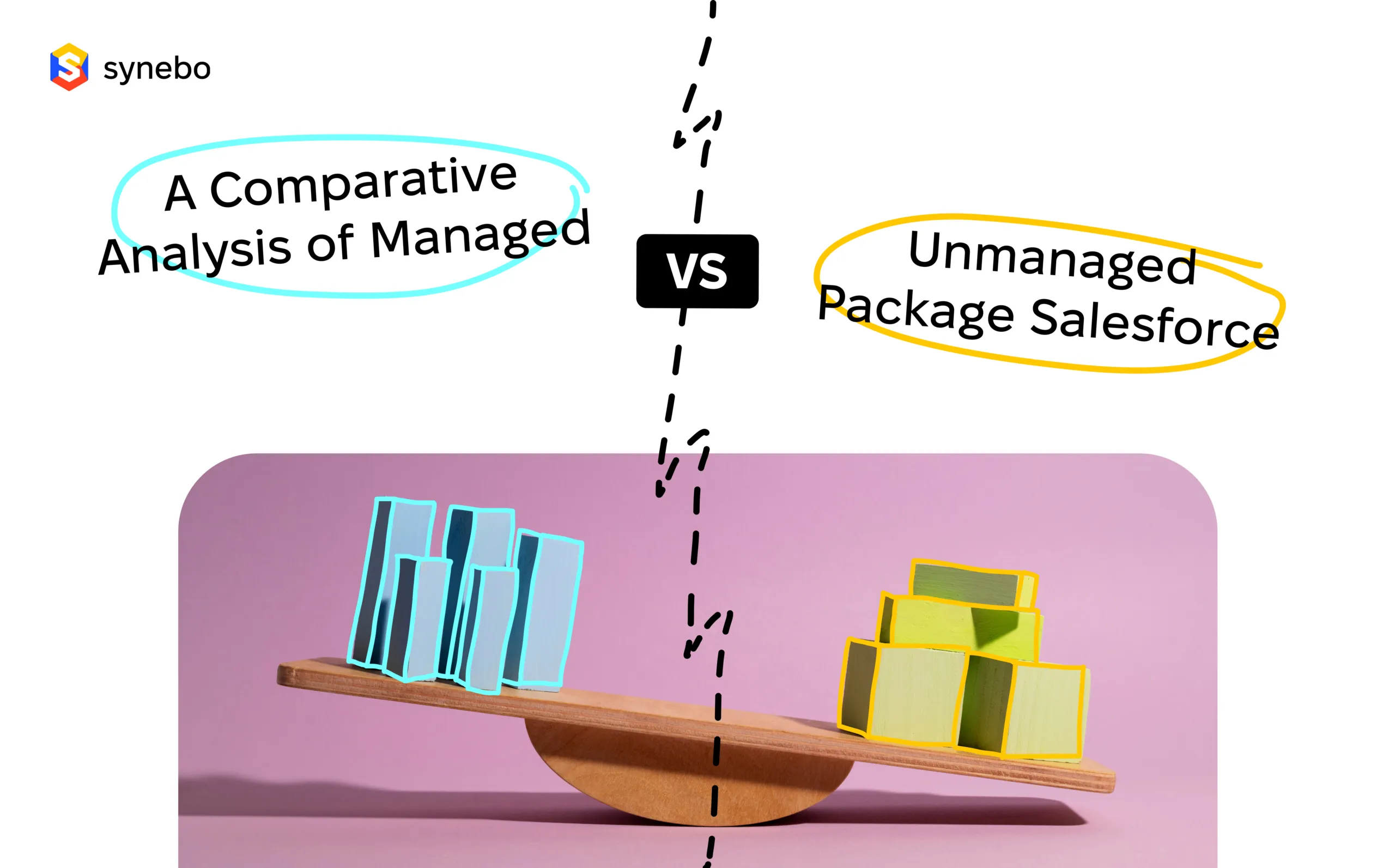
When leveraging Salesforce solutions, one of the key decisions that organizations need to make is choosing between a managed package vs. unmanaged package. Each option offers distinct functionalities and considerations that can greatly impact the efficiency and effectiveness of a Salesforce implementation.
This article provides a comprehensive comparison between managed vs. unmanaged package Salesforce, highlighting their features, benefits, and limitations. Whether for ISVs or in-house development, understanding the nuances of each package type is crucial for informed decision-making.
Understanding Salesforce Packages
Before we delve into the details of a managed package vs. unmanaged package, it’s important to have a clear understanding of what Salesforce packages are.
Definition of Salesforce Packages
In Salesforce, a package is a container that allows you to bundle together custom metadata, code, and other components into a single, distributable unit.
Packages can be installed in Salesforce orgs, allowing developers to distribute their applications or functionalities to other organizations easily. Yet, Salesforce packages are not just limited to code and metadata. They can also include components like custom settings, email templates, reports, dashboards, and even lightning components.
The versatility makes packages a powerful tool for developers looking to share a wide range of customizations with others in a structured and organized manner.
Importance of Salesforce Packages
Salesforce packages play a crucial role in streamlining the development and deployment process.
They provide a standardized way to distribute and install applications or functionalities, ensuring consistency and ease of use. By using packages, developers can package their customizations, such as custom objects, fields, workflows, and more, making it easier for other organizations to adopt and implement these customizations without the need for extensive manual configuration.
Pro note: Salesforce packages also facilitate version control and upgrades.
Developers can release new versions of their packages with enhancements or bug fixes, allowing users to easily upgrade to the latest version without disrupting their existing configurations. This versioning capability ensures that organizations can stay up-to-date with the latest features and improvements while maintaining a smooth transition process.
Complete Salesforce development is impossible without proper testing. Learn about the main Salesforce testing levels in our article.
Exploring Managed Packages in Salesforce
So, what is a managed package in Salesforce? A managed package is a collection of customizable components such as objects, fields, workflows, Apex code, Visualforce pages, and other resources that are built by a Salesforce partner or third-party developer.
Features of Managed Packages
Managed packages are typically developed to provide specific functionality or solutions that extend the capabilities of the Salesforce platform.
- Designed for ISVs and AppExchange partners. Managed packages are tailored for Independent Software Vendors and AppExchange partners who want to distribute their applications to a wide range of Salesforce users.
- Unique namespace. Salesforce managed packages come with a distinct namespace, preventing conflicts between package components and those within the customer’s org.
- Support for upgrades and patches. Developers can effortlessly provide updates and patches to their applications through managed packages, ensuring customers have access to the latest features and bug fixes.
Looking for a trusted provider of Salesforce consulting services? Reach out to Synebo.
Benefits of Using Managed Packages
There are several benefits associated with using the Salesforce managed package:
- Better security. Managed packages provide a higher level of security, as the source code and other components of the package are not accessible to the customer. This protects the intellectual property of the package provider and prevents unauthorized modifications or tampering.
- Easy upgrades. This type of packages allow for easy upgrades, as customers can simply install the latest version of the package without the need for manual configuration or data migration. This ensures that customers can take advantage of new features and bug fixes without disruption to their existing setup.
- Clear separation. Salesforce managed packages provide a clear separation between the package and the customer’s org, making it easier to manage dependencies and avoid conflicts with other customizations.
- Streamlined deployment process. Once a managed package is created and uploaded to the Salesforce AppExchange, it can be easily installed by customers with just a few clicks. This eliminates the need for manual installation and configuration and reduces the risk of compatibility issues or missing components.
- Salesforce AppExchange. Managed packages can be listed on the AppExchange, providing ISVs and AppExchange partners with a platform to showcase their products to a wide audience of potential customers. This allows developers to increase their visibility and reach, leading to potential business opportunities and increased revenue.
Limitations of Managed Packages
While managed packages offer many benefits, it is important to be aware of their potential drawbacks as well.
- Lack of customization options for customers. Managed packages restrict modification of package components by customers, potentially requiring organizations to adjust their processes to fit predefined functionality.
- Subscription or licensing costs. Customers need to acquire a subscription or license for managed packages, potentially incurring additional expenses.
- Complex upgrade process. Upgrading managed packages can be complex, particularly with significant changes between versions, necessitating careful planning and testing for a smooth transition to the latest version.
To avoid the hassle of implementing Salesforce, get professional support from Synebo, a trusted Salesforce partner. We offer Salesforce Development Services for flawless customer interactions and workflow.
Delving into Unmanaged Packages in Salesforce
Unmanaged packages are a powerful tool in the world of Salesforce development. While managed packages have their own set of advantages, unmanaged packages offer a different level of flexibility and customization options.
Let’s take a closer look at the characteristics, advantages, and limitations of unmanaged packages.
Features of Unmanaged Packages
Key unique specificities of unmanaged packages are:
- In-house development. An unmanaged package in Salesforce is typically used for in-house development or for sharing customizations within a specific organization.
- Namespace-free. Unlike managed packages, unmanaged packages do not have a namespace. This means that developers have the freedom to directly modify the components within the package.
- Customization. This level of access allows organizations to tailor the package to their specific needs, extending its functionality and making it truly their own.
Benefits of Unmanaged Packages
There are several advantages to using unmanaged packages.
- Customization flexibility. Unmanaged packages provide organizations with the ability to customize the package components according to their specific needs and requirements. This can be particularly beneficial for organizations with unique business processes or complex workflows that cannot be met by off-the-shelf solutions.
- Endless possibilities. The flexibility of unmanaged packages offers virtually limitless potential for tailoring solutions to diverse requirements and scenarios.
- Simplified deployment and management. Unmanaged packages are typically easier to deploy and manage. Unlike managed packages, there are no restrictions or licensing requirements.
- Cost-effective distribution. Organizations can freely distribute and install the unmanaged package across multiple orgs without any additional costs or administrative hurdles. This makes it a cost-effective and efficient solution for organizations looking to implement customizations without the hassle.
With their flexibility and ease of deployment, unmanaged packages provide a powerful solution for organizations with unique needs.
Limitations of Unmanaged Packages
While unmanaged packages offer greater flexibility and customization options, there are certain limitations that need to be considered.
- The lack of upgradability. Unlike managed packages, unmanaged packages do not support automated upgrades and patch installations. Organizations need to manually apply any updates or new versions of the package, which can be time-consuming and error-prone.
- The lack of a namespace. Because unmanaged packages don’t have namespace, this can lead to naming conflicts, especially when multiple unmanaged packages are installed in the same org. This makes it difficult to manage dependencies and can potentially cause issues with the overall org stability.
You can see that unmanaged packages are a valuable asset for organizations looking to customize and extend the functionality of their Salesforce org. But it’s important for them to carefully plan and manage their unmanaged packages to avoid any potential conflicts or complications.
With various Salesforce solutions out there, it might be hard to choose what fits your business needs best. Explore the main differences between Sales Cloud and Service Cloud.
Managed Package vs. Unmanaged Package: Key Differences to Consider
Let’s compare the distinct features, advantages, and drawbacks of a managed vs. unmanaged package in Salesforce, so that you can better understand their suitability for different development environments.
Comparison of Features
|
Managed Packages |
Unmanaged Packages |
|
|
Security |
Higher level of security |
– |
|
Upgradability |
Seamless upgrade process |
– |
|
Packaging options |
Various packaging options |
– |
|
Customization |
Limited customization options |
Greater customization options |
|
Deployment |
– |
Ease of deployment |
|
Suitable for |
ISVs and AppExchange partners |
In-house development and customization within a specific organization |
|
Intellectual property |
Ability to protect intellectual property through code obfuscation and license management |
– |
|
Access control |
Proprietary code accessible only to authorized users |
– |
|
Upgrade consistency |
Push updates to all subscribers simultaneously, ensuring consistency across different orgs |
– |
Contrast in Benefits and Limitations
|
Managed Packages |
Unmanaged Packages |
|
|
Benefits |
|
|
|
Limitations |
Lack of upgradability and potential conflicts within the org |
|
|
Use case |
Crucial for businesses relying on provided functionality |
Provides a high degree of control |
Confused about Salesforce development? Synebo’s consultants can help you navigate it. Get Salesforce consulting services tailored to your business.
Choosing the Right Salesforce Package for Your Business
Unleash the full potential of your CRM by understanding the key factors to consider when selecting between managed and unmanaged Salesforce packages.
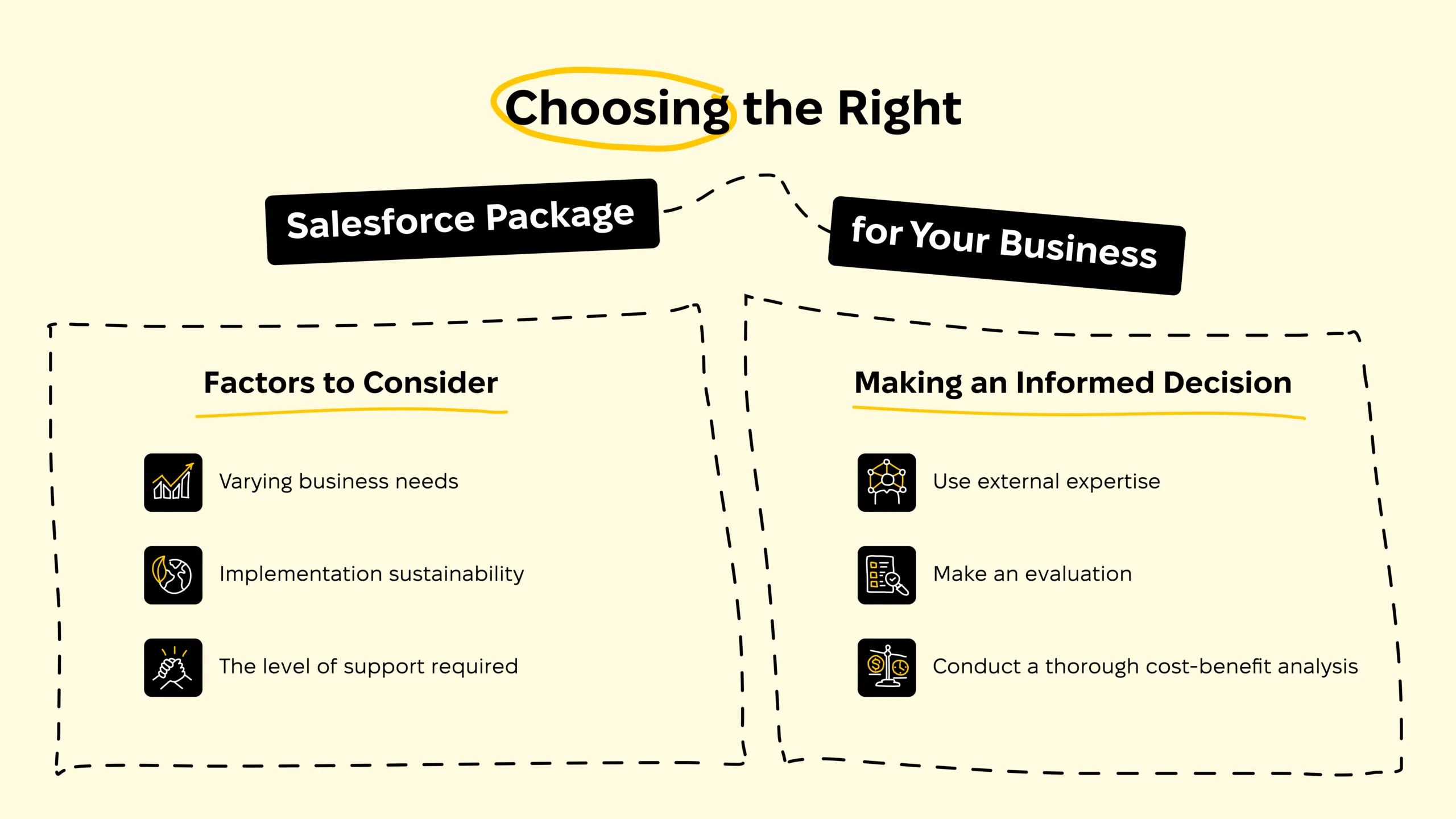
Factors to Consider
When choosing between a Salesforce managed package vs. unmanaged package, there are several factors that organizations should consider.
- Varying business needs. If the organization requires extensive customization or has unique business processes, unmanaged packages may be a better fit. On the other hand, if the organization values security, upgradability, and standardized packaging, managed packages may be the preferred choice.
- Implementation sustainability. Businesses need to consider the long-term goals and scalability of their Salesforce implementation, as well as the available resources and expertise within their team.
- The level of support required. Managed packages often come with dedicated support from the provider, which can be crucial for organizations that require immediate assistance or troubleshooting. On the other hand, with unmanaged packages, organizations may need to rely more on their internal resources or community forums for support, which can impact the overall efficiency of their Salesforce implementation.
Making an Informed Decision
Choosing the right package for your business requires a comprehensive evaluation of your organization’s needs, priorities, and resources.
Here are the steps for you to follow:
- Use external expertise. Consult with Salesforce experts or solution architects, who can provide guidance and insights based on their experience and expertise.
- Make an evaluation. Evaluate the requirements, benefits, and limitations of both managed vs. unmanaged packages in Salesforce will help you make an informed choice that aligns with their business objectives.
- Conduct a thorough cost-benefit analysis. While managed packages may come with a higher upfront cost, they can potentially save organizations money in the long run by reducing maintenance and support expenses. In contrast, unmanaged packages may offer more flexibility in terms of cost, allowing organizations to pay only for the features they need without additional overhead.
Let’s create a CRM solution that propels your business forward. Start your Salesforce implementation today with Synebo’s Salesforce Implementation Services.
Best Practices for Using Salesforce Packages
Utilizing Salesforce packages can greatly enhance the functionality and efficiency of your organization’s Salesforce instance. Whether you are choosing between managed vs. unmanaged package Salesforce to work with, there are certain best practices and guidelines that can help you make the most out of these resources.
Tips for Managed Packages
Managed packages offer a convenient way to add pre-built functionality to your Salesforce org.
- Conduct comprehensive testing in a sandbox environment before rolling out the package to production for smooth integration. This testing phase allows you to identify and address any potential conflicts or issues, minimizing disruptions to your workflow.
- Establish a clear line of communication with the package provider. This ensures that you can quickly receive support and assistance in case of any technical challenges or questions.
- Regularly review and update the managed package. This step is key to staying current with new features and enhancements, maximizing the value it brings to your organization.
Guidelines for Unmanaged Packages
Unmanaged packages provide flexibility for customizing your Salesforce org to suit your specific needs. They allow to:
- Document all modifications made to the package components to effectively manage these customizations. This documentation not only promotes clarity but also facilitates tracking changes and reverting back to previous versions if required.
- Implement a governance process for deploying unmanaged packages across different orgs. This step promotes consistency and standardization in your Salesforce environment.
- Regularly review and clean up unused components from unmanaged packages. This practice optimizes system performance, prevents clutter in the org, and ensures that your Salesforce instance remains streamlined and efficient.
With the rise of powerful AI technologies, businesses are exploring ways to integrate them with Salesforce. Learn the best practices for using ChatGPT within your Salesforce environment.
Final Take
Salesforce packages are valuable tools that enable businesses to distribute and install applications or customizations with ease. By understanding the differences of a managed package vs. unmanaged package, you can pick the one that best aligns with your specific needs and objectives. Whether it’s the security and upgradability of managed packages or the customization and flexibility of unmanaged packages, Salesforce packages provide the building blocks for organizations to take full advantage of the platform and drive business success.
If you’re looking to harness the full potential of Salesforce for your business, whether through managed vs. unmanaged package Salesforce, Synebo is here to guide you every step of the way. As a certified Salesforce partner and PDO, we specialize in helping businesses like yours develop and enhance custom CRM solutions. Our expertise ranges from Salesforce consulting, including security reviews and migration services, to development, integration, and beyond.
Ready to elevate your Salesforce experience? Contact us!










